Outsiders rarely visit Hin Shen, a small village in Artsakh.
It stands 50km away from the capital, Stepanakert, but the bus stopped running and Hin Shen became distant and inaccessible. Perhaps, that is why it greets the first-time visitors as the most important and beloved guests.
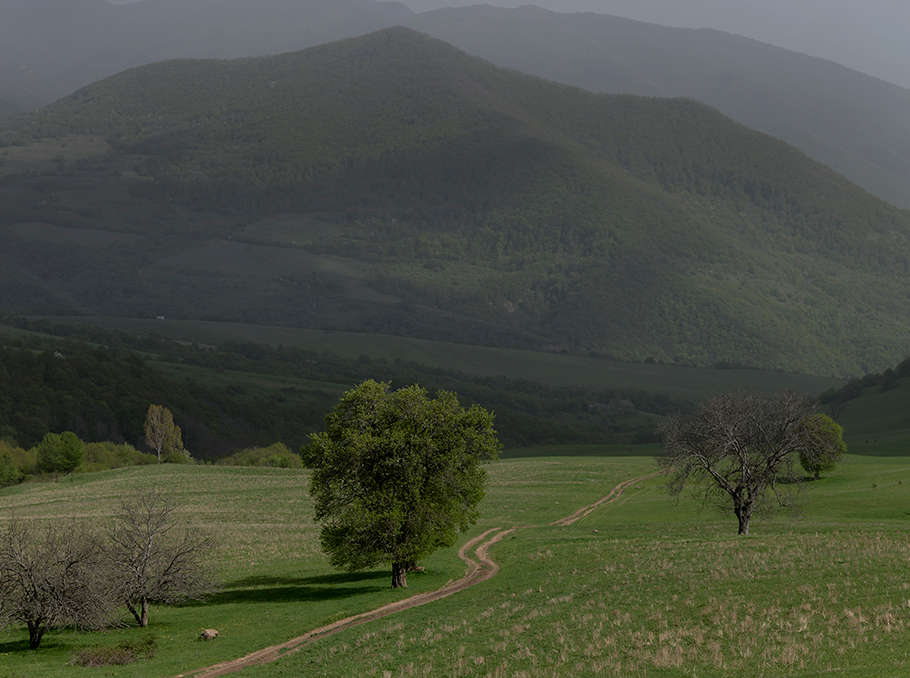
Photo: Vaghinak GhazaryanMediamax
Marie and Yulia are waiting in the school yard. Narek bursts into the scene, a huge bunch of yellow wildflowers in hand, and Anush follows him shyly. Together, we enter into the school.
“Time to get into the bus!” announces Miss Sona.
She puts a small metal box imitating a double-decker bus on the desk. It is filled with pieces of color paper and office supplies, and it focuses the kids on the lesson.
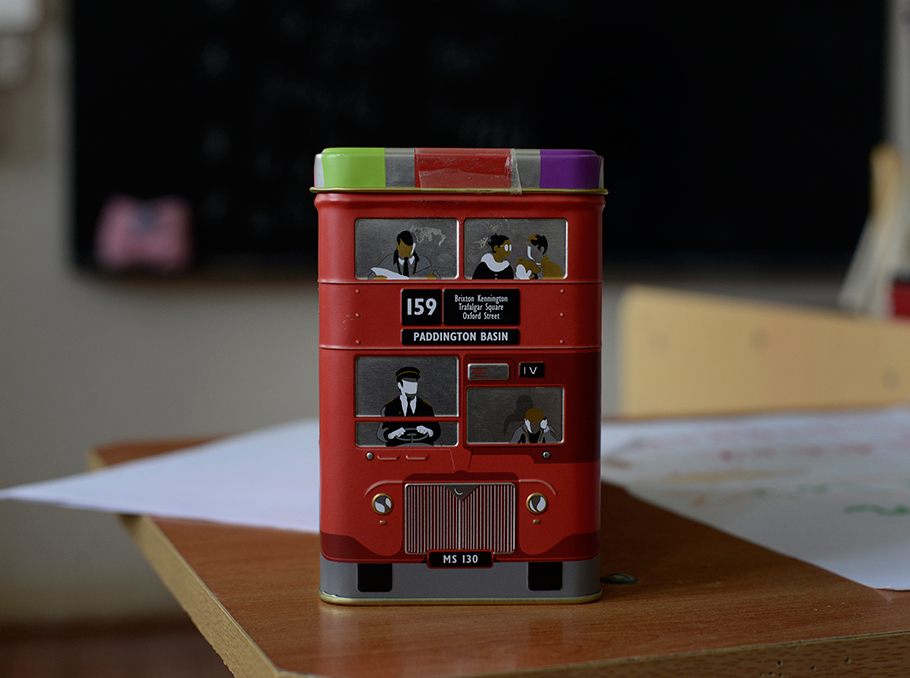 Մեդիամաքս/Վաղինակ Ղազարյան
Մեդիամաքս/Վաղինակ Ղազարյան
The 3rd grade is holding the Alphabet birthday party. They have learned all letters and they want mark the achievement.
In fact, every grade has a reason to celebrate in the end of the academic year. The school has not had an English teacher for 9 years, until last September Hin Shen welcomed Sona Gevorgyan, a philologist who studied documentary photography in London but one day decided to leave it all behind. “I was curious about coming to Artsakh, and about becoming a teacher. Working with kids is so great,” says Sona.
Teach For Armenia (TFA) gave Sona the opportunity to do the work that she describes as “lovely, lovely job, it makes you younger and healthier, and it makes you think only of good things”.
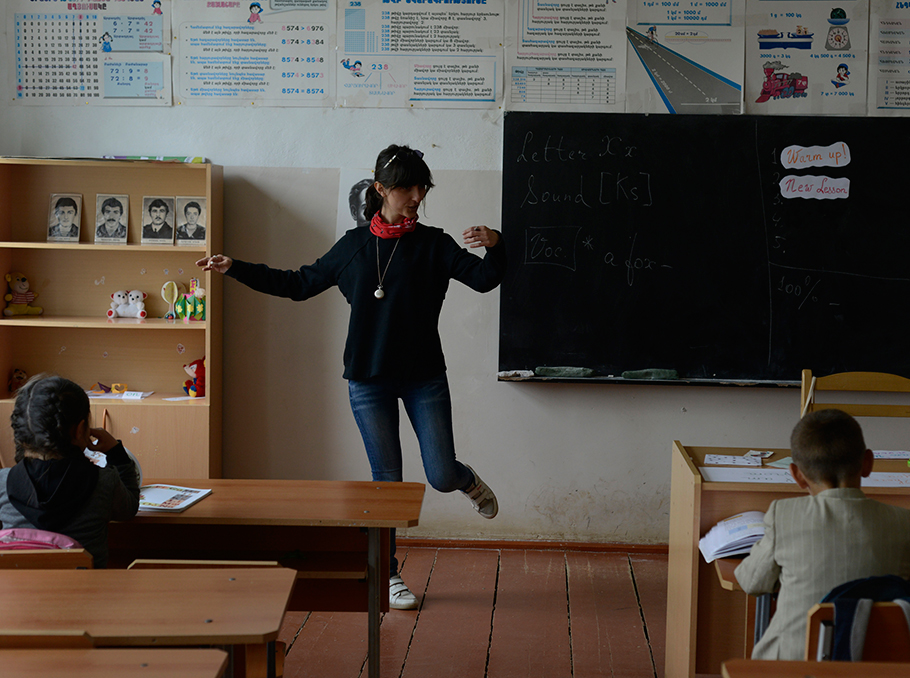
Photo: Vaghinak GhazaryanMediamax
Both the 3rd and 9th grades started with the alphabet. It’s impossible to learn a foreign language if you study just a few hours a week, so Sona organized an English club, where children fill the gaps in their knowledge.
Sona’s lesson plans fill every minute to give the children as much knowledge as possible. She casts frequent glances on the watch hanging from her neck, and says: “We have one minute left, let’s conclude our work.”
“I wore this watch since the first days in the school. I don’t bring my phone to the class, because it seems inappropriate to me to push the button on the phone and look at the digital clock. It breaks something in children. When I count the minutes out loud, children take time seriously, and so do I,” explains Sona.
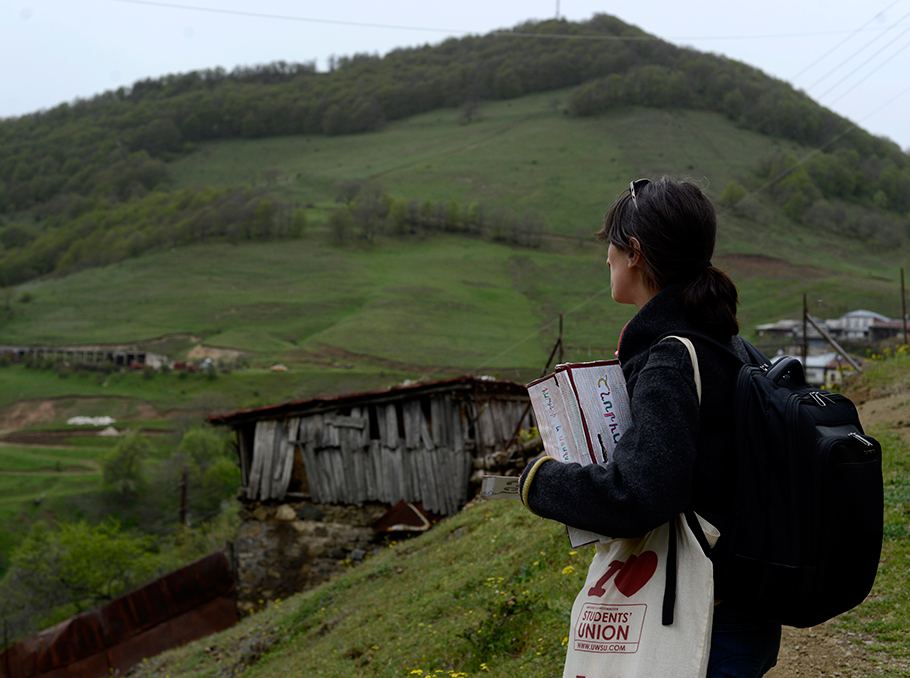
Photo: Vaghinak GhazaryanMediamax
There are no hobby or sport groups in Hin Shen. The village does not have a playground or a recreational establishment of any sort, where children could gather after school to socialize. Sona started teaching them national dances to organize their extracurricular activity and get to know them better.
“Guys, Aren wants to join our club. The decision depends on you. Now, let’s enjoy the dance,” says Sona.
The “Etchmiadzin” dance starts to play, and children of different ages and height begin dancing in the open plain.
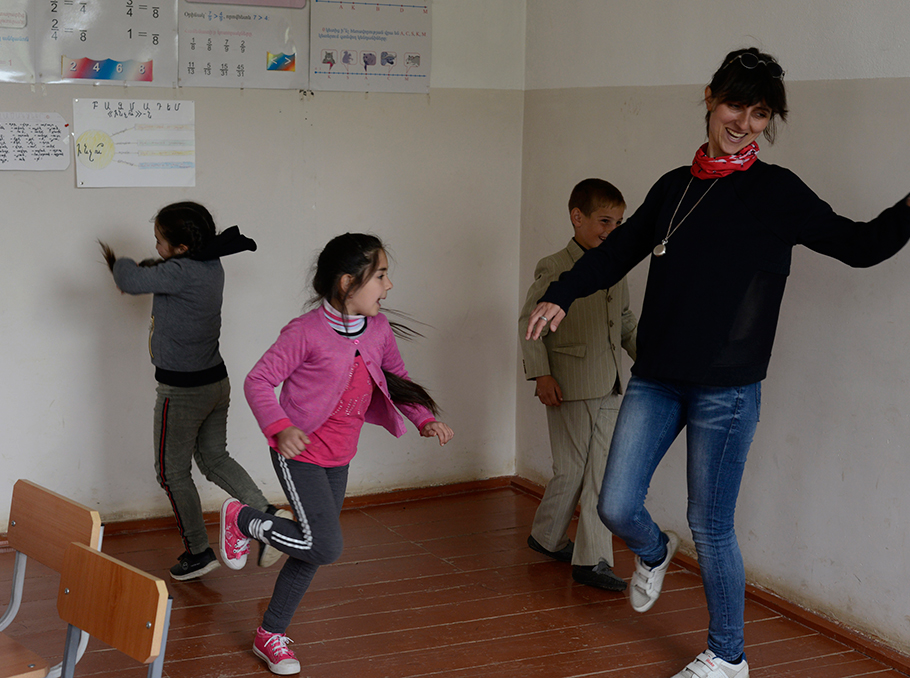
Photo: Vaghinak GhazaryanMediamax
“Come on, is this how you’re going to defend our borders?” Sona exclaims unhappily when the boys fall out of the line in the middle of the dance.
She talks through all relevant issues with the children, be it education or recreation-related. Oftentimes, they gather in the pavilion in the school yard or take the suggestion box and go to the field.
“We just play games together. We call Miss Sona to ask if she’s coming, and she says, no problem, I’ll be there in a minute. Sometimes she’s busy with something and she says, today go play without me, kids,” tells Anushik.
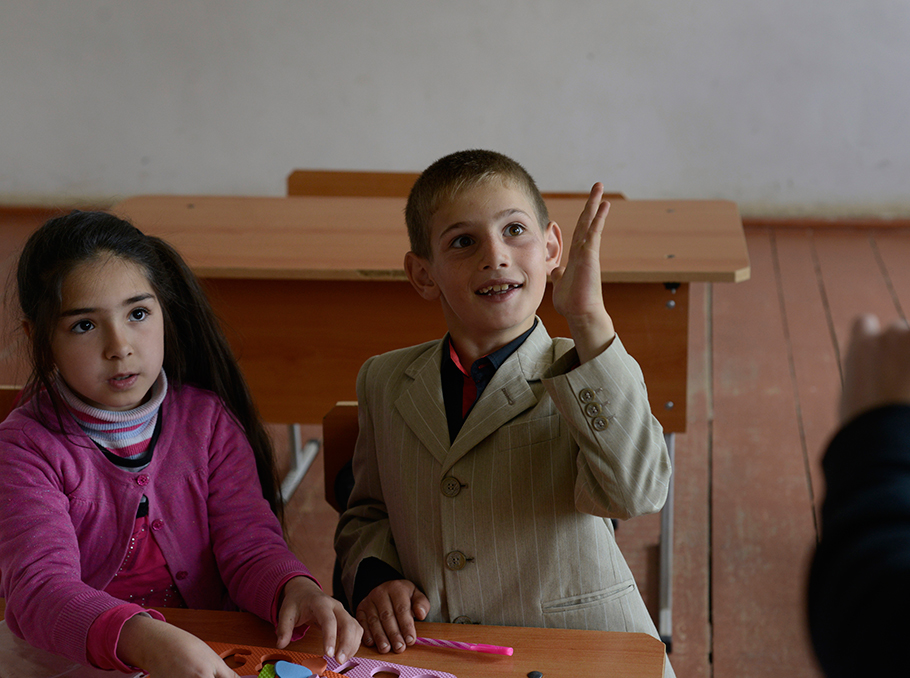
Photo: Vaghinak GhazaryanMediamax
“Hold on tightly, and then read out loud,” says Sona, offering an envelope to Alex, who’s sitting in a tree.
This time they have come to the pear tree to read the letter sent by students from the neighboring Mets Shen village. They are inviting the Hin Shen kids to a hiking trip. “We would be very happy if you accepted our invitation. We are looking forward to making this trip when the weather allows,” Alex finishes reading.
“Now, make a paper plane and fly it,” says Sona.
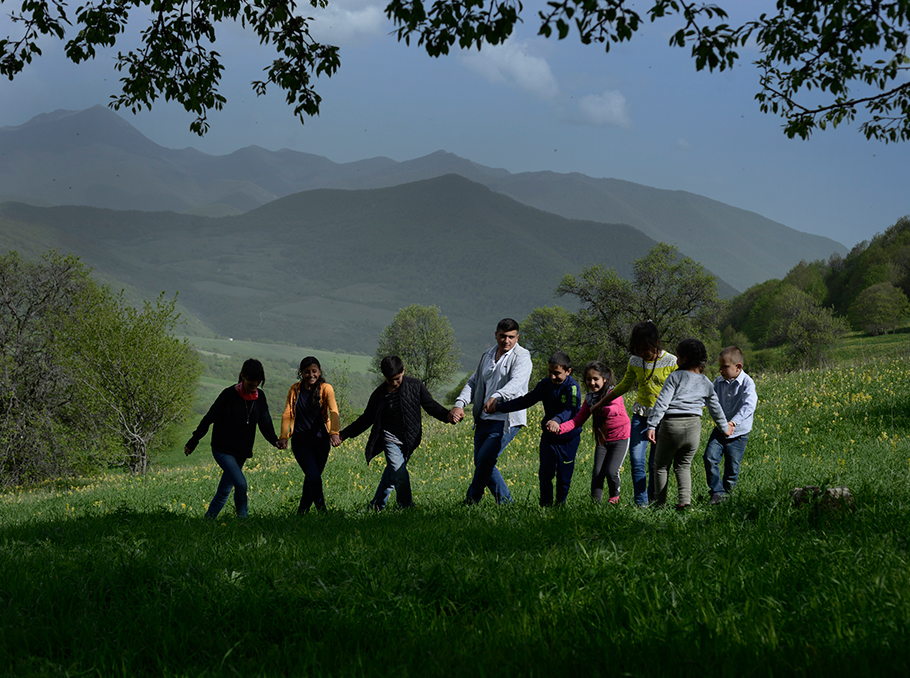
Photo: Vaghinak GhazaryanMediamax
And the children gathered under the tree start moving, trying to catch the plane.
A lot has changed in the life of the village and the children after Sona moved there. They will have a swing park soon thanks to the grant Sona applied for and received. According to her, a swing park is very important, and not just as a place to have fun.
“Our swings will be different, each will have three seats. The idea is to fly with someone by your side. It’s going to create empathy between the children,” explains Sona.
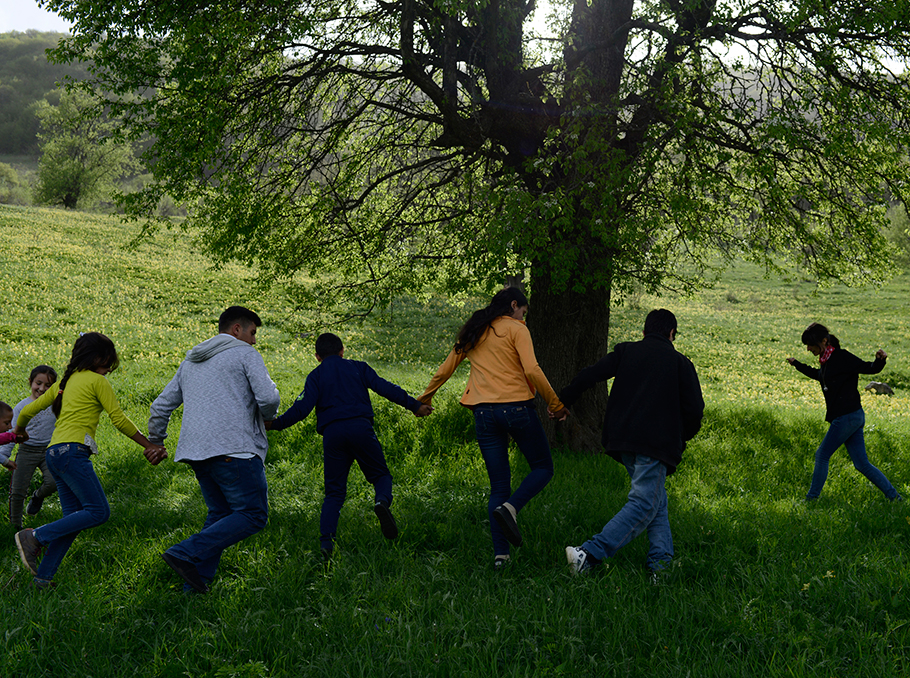
Photo: Vaghinak GhazaryanMediamax
The park will be built by the residents of Hin Shen, which is a key pre-condition. Local administration has decided to turn that park into a playground.
To engage the parents in the educational process and community matters, Sona opened the “Skills for life” club. Sona noticed it was needed when she realized she only met her students’ parents at the parent-teacher conferences. In the club, they share their skills with the pupils: one of the parents, a nurse, teaches first aid, another is good at horse riding and teaches the corresponding skills, and so on.
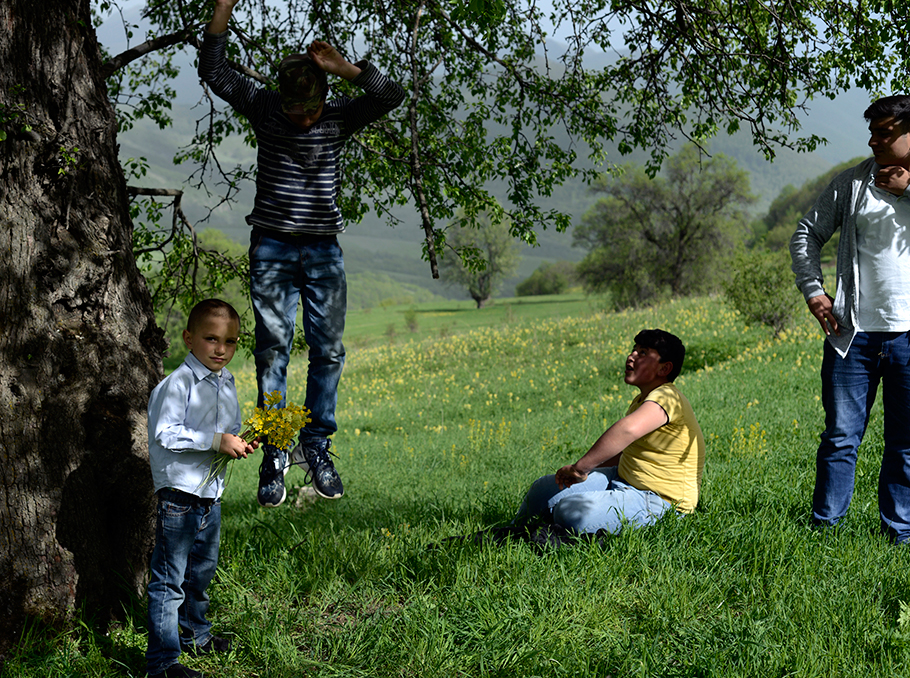
Photo: Vaghinak GhazaryanMediamax
New experiments have been a frequent affair for the kids of Hin Shen recently. Sona has received an invitation to take part in publication of the new issue of “Learning to see”, which is a collection of photo stories first published in the U.S. in 1970s. Years later, the publishers suggested students from different countries to choose a few topics out of the 101 included and make photo stories with help from teachers. For many of Hin Shen students, this is the first they work with a professional camera and cast a different look at their community.
A photo club has been formed for this initiative. Having acquired the necessary skills, the children selected two topics: “People I know” and “Let’s face old age”.
“I want to see a page on Artsakh among other countries, even if it’s just a photo of grandpa Misha. This is a big achievement for me as someone who studied photography, and for the village and the kids as well,” says Sona.
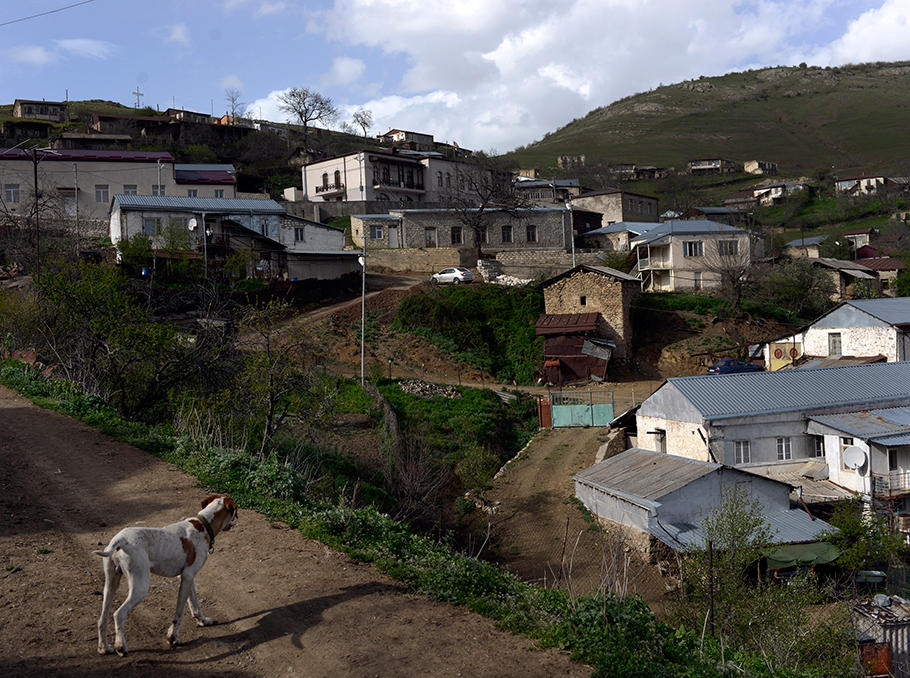
Photo: Vaghinak GhazaryanMediamax
Encouraged by success, the children want to make a documentary about their village. They have already suggested making the photo club a regular thing.
Sona is always open to suggestions, although work and other occupations don’t leave much free time.
“You can tire physically, but never mentally when you work with children. You keep thinking what else you can do for them. It is such a pure job, you can’t imagine, pure and cleansing at the same time,” notes Sona.
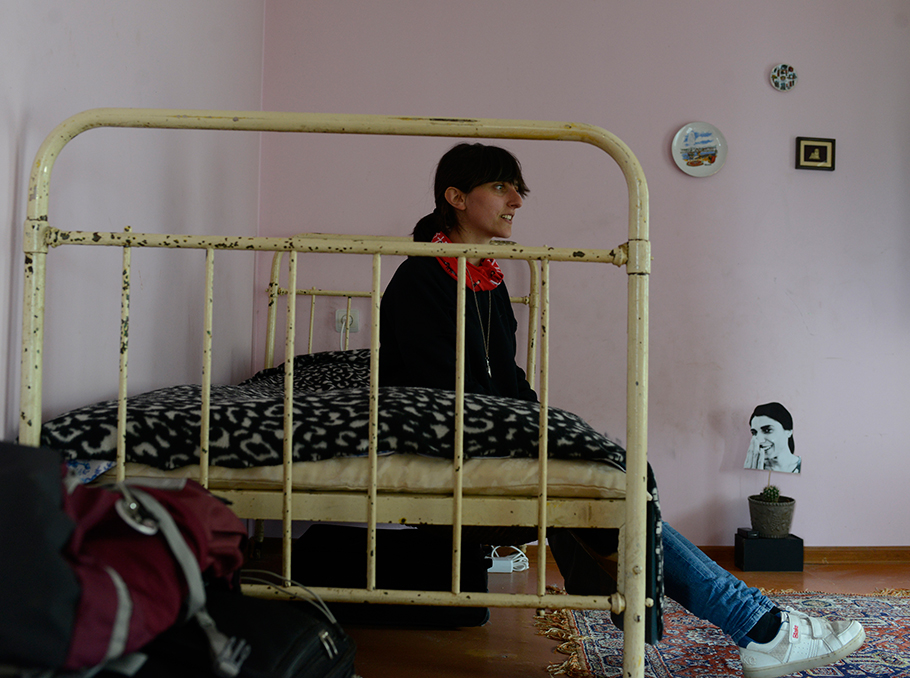
Photo: Vaghinak GhazaryanMediamax
She learns and studies simultaneously. Rural life is interesting to her, even the difficult parts. “The only thing I’ve failed to do is chopping wood,” sighs Sona.
She did learn farming and can make Artsakh’s national bread with greens, though. After moving to Hin Shen, Sona cleaned the yard and cultivated a piece of land next to her house with a shovel she brought from Yerevan.
“One time grandpa Misha saw me digging and brought me some garlic to plant. I had no idea how to do it. Grandpa showed me, planted one row, and I did the rest. Every last neighbor told me to put a fence around the garlic or else the animals would eat my crops, but my garlic turned out very resilient.
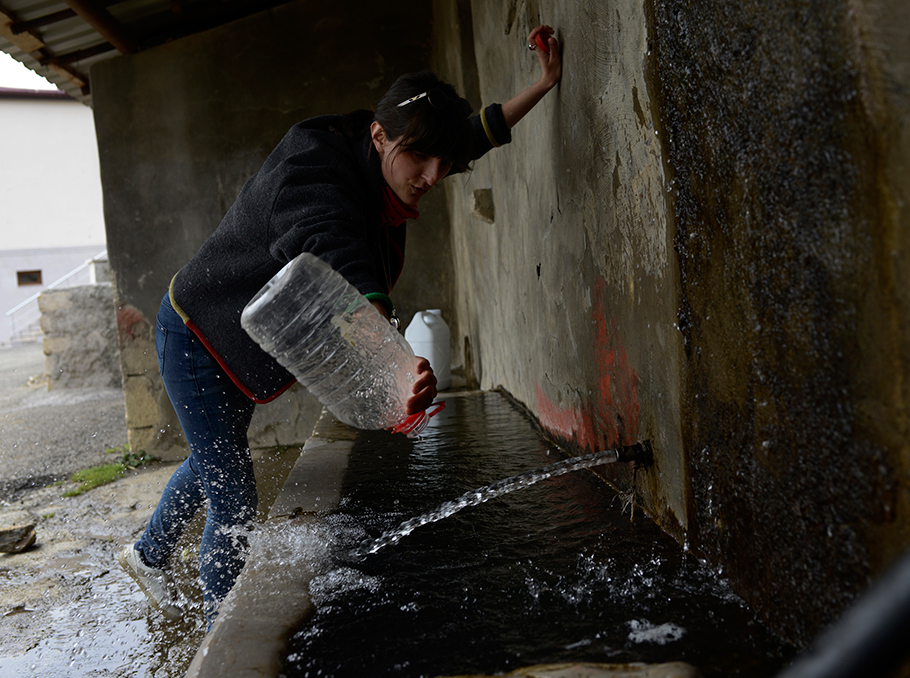
Photo: Vaghinak GhazaryanMediamax
I had never planted anything before. I kept checking on the crops, guarding them. Every inch they grew made me so happy!” tells Sona.
A colleague gave her potato seeds, and Sona plans to plant them next. At her door, we notice plastic containers: Sona doesn’t have running water in the house and has to bring it from the nearby stream.
“How is Mrs. Ira?” she asks a man working in his yard.
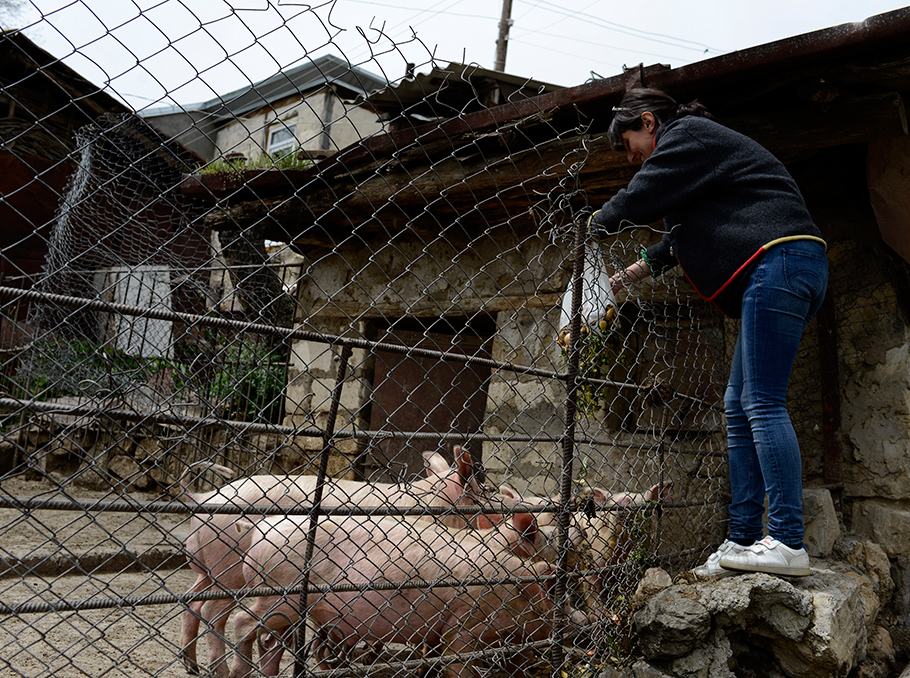
Photo: Vaghinak GhazaryanMediamax
Sona tells us it was Ira who gave her the containers, because Sona had no tare to fetch the water from the stream.
She is close with her neighbors, although they don’t often visit each other. She calls on them to watch them bake bread, and they come to her house to Skype with relatives.
“Sona is one of us now. She’s a good person and we don’t want her to leave. She’s planted garlic and potato, and she wants to keep a pig. I tell her: “Sona, you’re a city girl, you lived in England, what do you need the pig for?”” laughs Mrs. Greta.
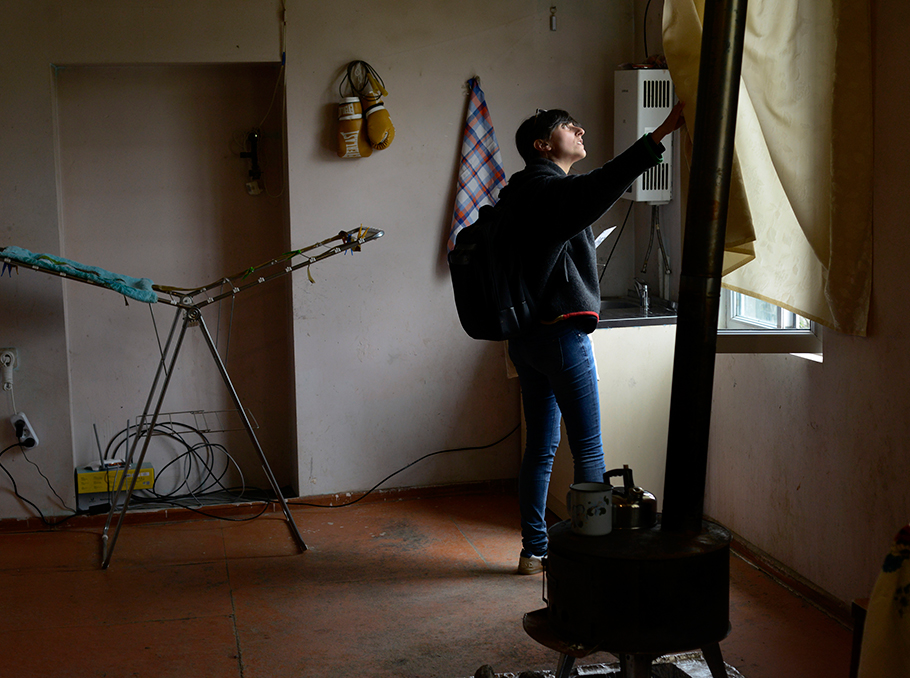
Photo: Vaghinak GhazaryanMediamax
Sona says she had fallen in love with Hin Shen.
“A small community is good, we live like a large family. I feel great here. The landscape is beautiful, there’s no noise but there are plenty of animals, and you can socialize properly. One of my neighbors has such pretty cows. In the evening, when they return from the pasture, I can sit and watch them. I have never seen such lovely cows in my life,” tells Sona.
Sona rarely leaves the village and meets other 16 TFA fellows assigned to schools in Artsakh. She is curious about them, but poor roads and lack of transport make it hard for her to visit the others. “Sometimes we manage to meet, and we have such a great time. It’s like a celebration,” says Sona.
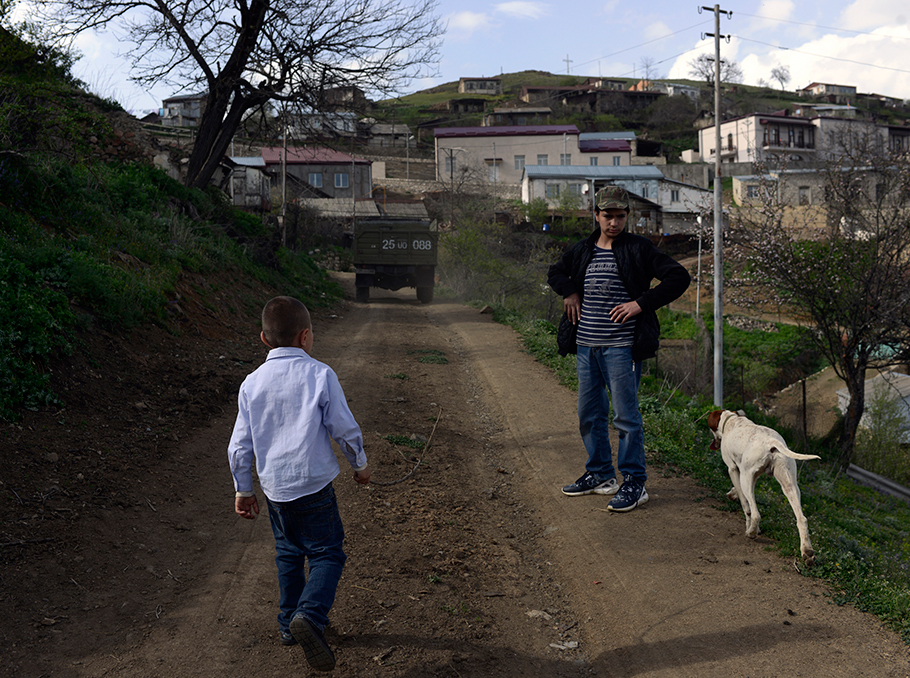
Photo: Vaghinak GhazaryanMediamax
Every student at the Hin Shen school finds a reason to talk with Sona, even if she doesn’t teach them. According to Sona, connection with each kid is individual and unique. To include as many kids as possible in extracurricular activities, she has decided to bring “Armath” labs to the school. The project is currently in the fundraising stage.
“When people say there are just a few of students and I shouldn’t raise that much money, I feel so upset. This is a matter of principle. We shouldn’t give children opportunities based on their numbers,” says Sona.
She believes a lot has changed in a year. According to Sona, she sees the value of Artsakh and villagers differently now. Sona notes:
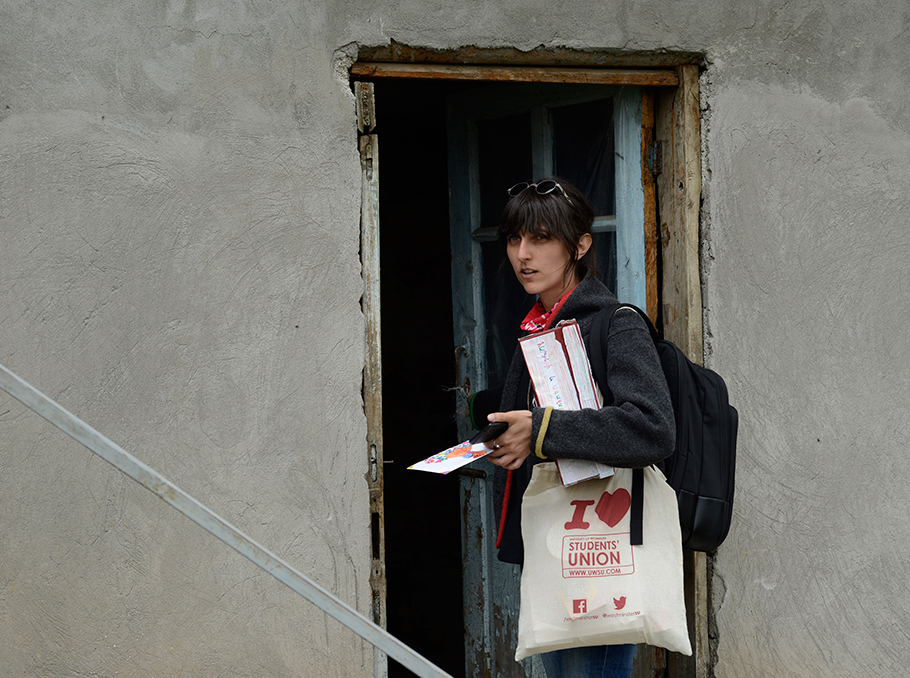
Photo: Vaghinak GhazaryanMediamax
“I learned not get bored. I was just sitting in a chair last night, doing nothing, but I did not feel bored. You bloom with the nature here, even in winter. The ability to see and feel beauty in everything, even just a child’s smile, is a responsibility.
People need space to fly freely. This is my space to fly, with body and soul.”
Lusine Gharibyan
Photos by Vaghinak Ghazaryan (specially for Mediamax)
















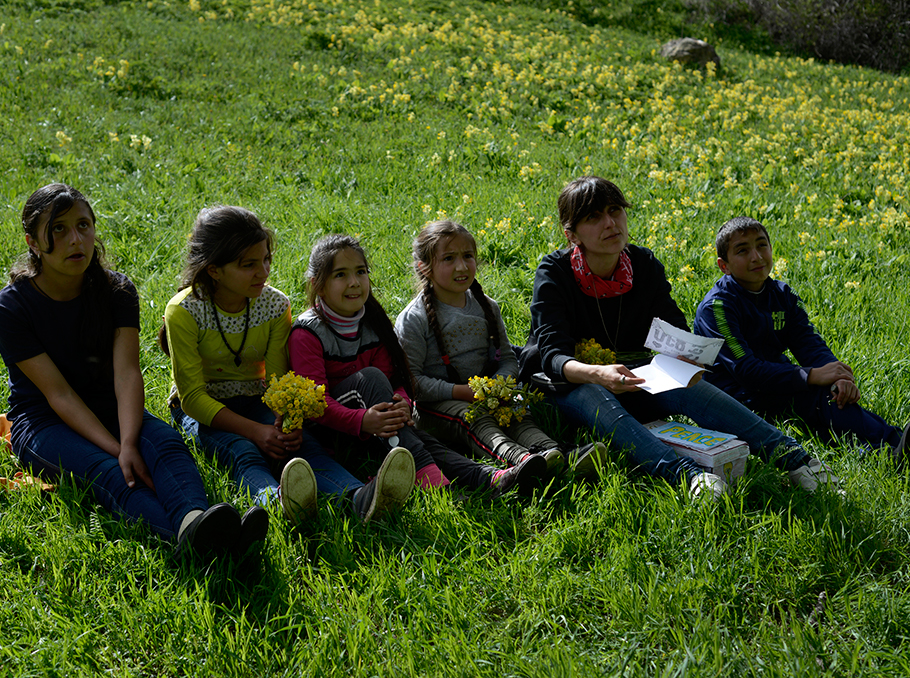
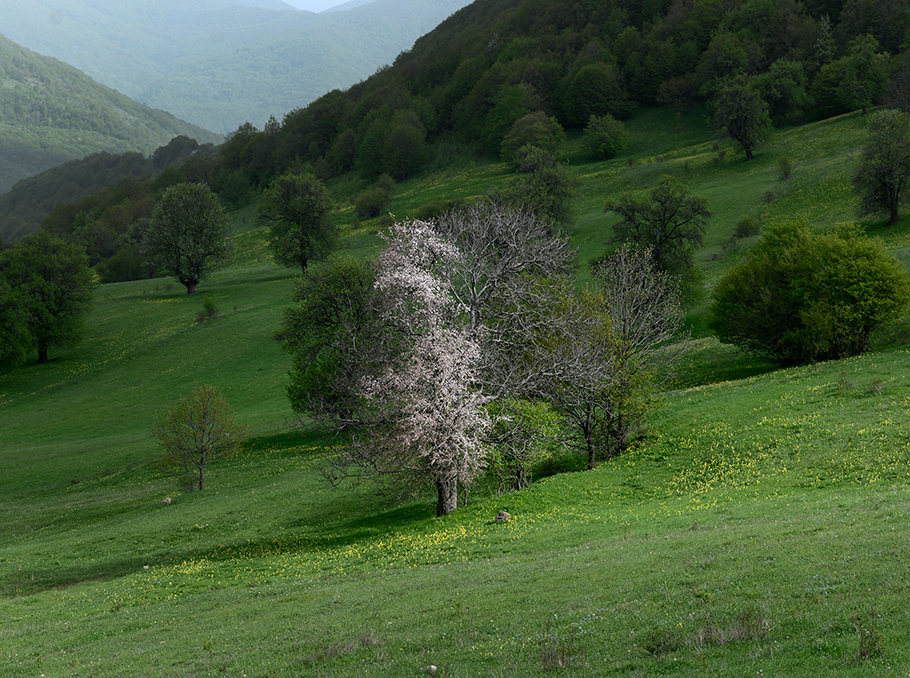
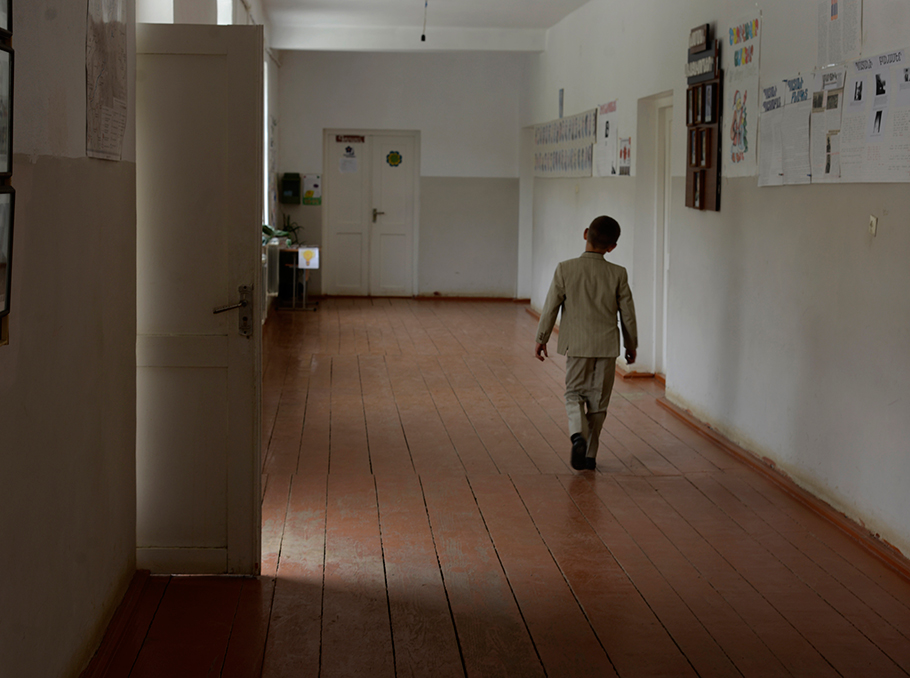
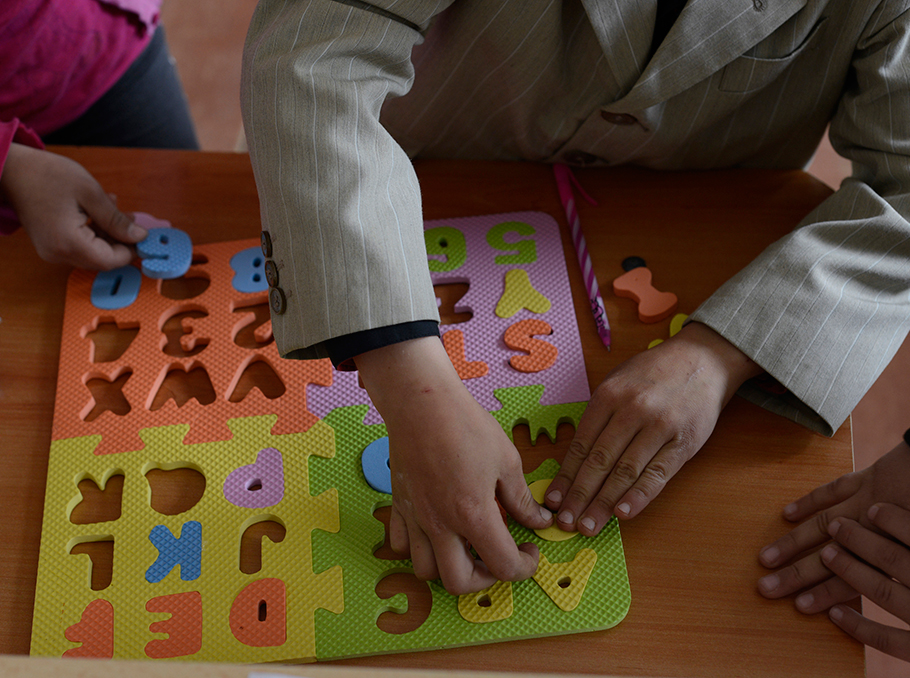
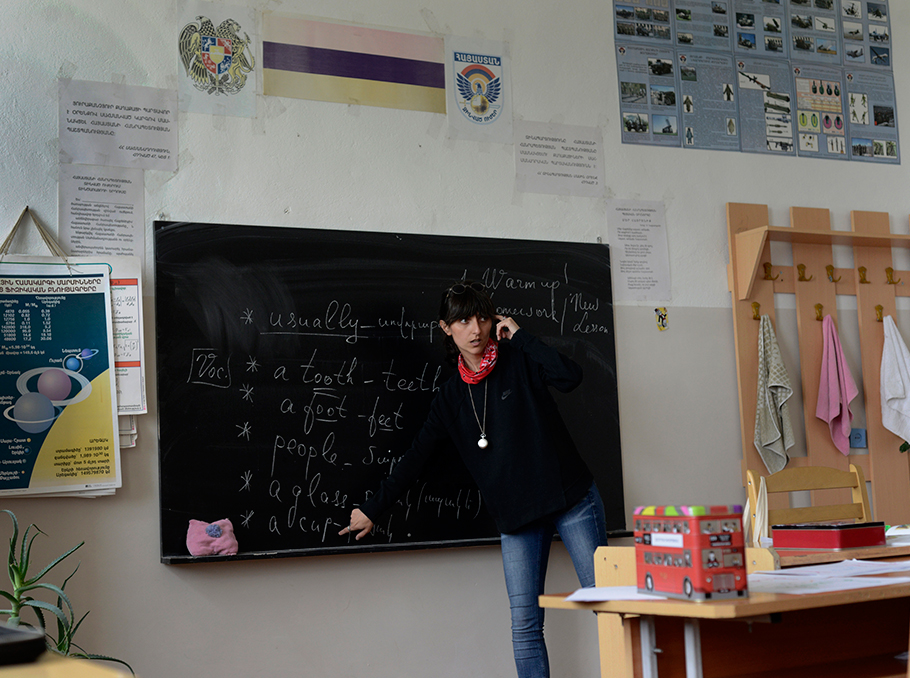
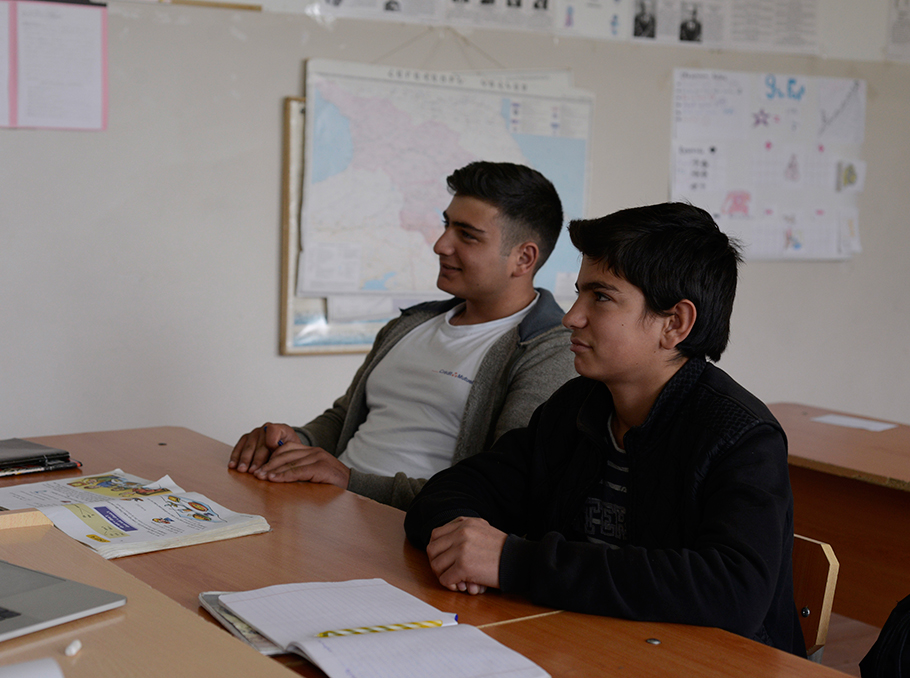
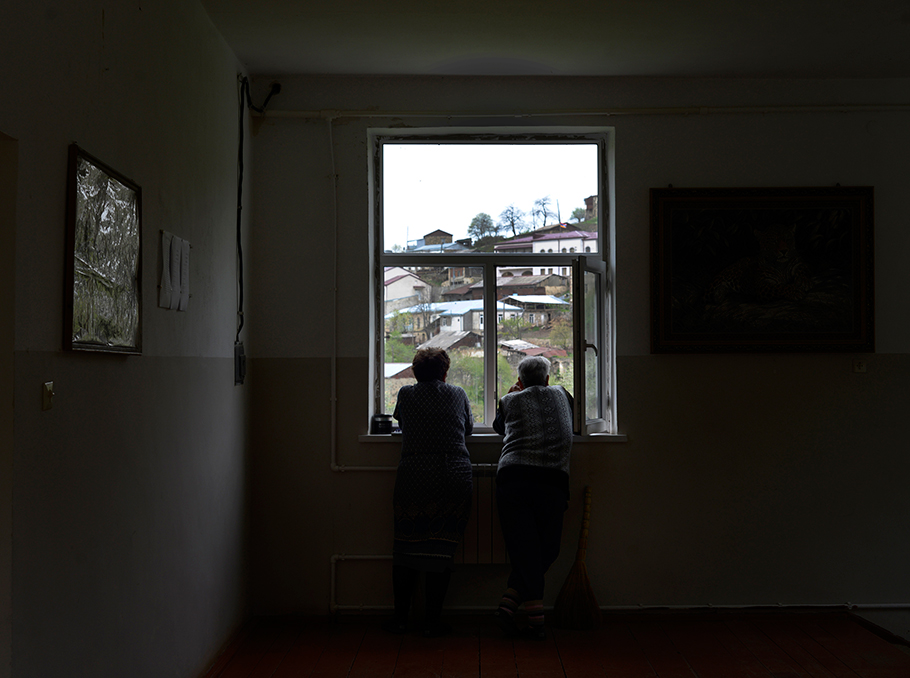
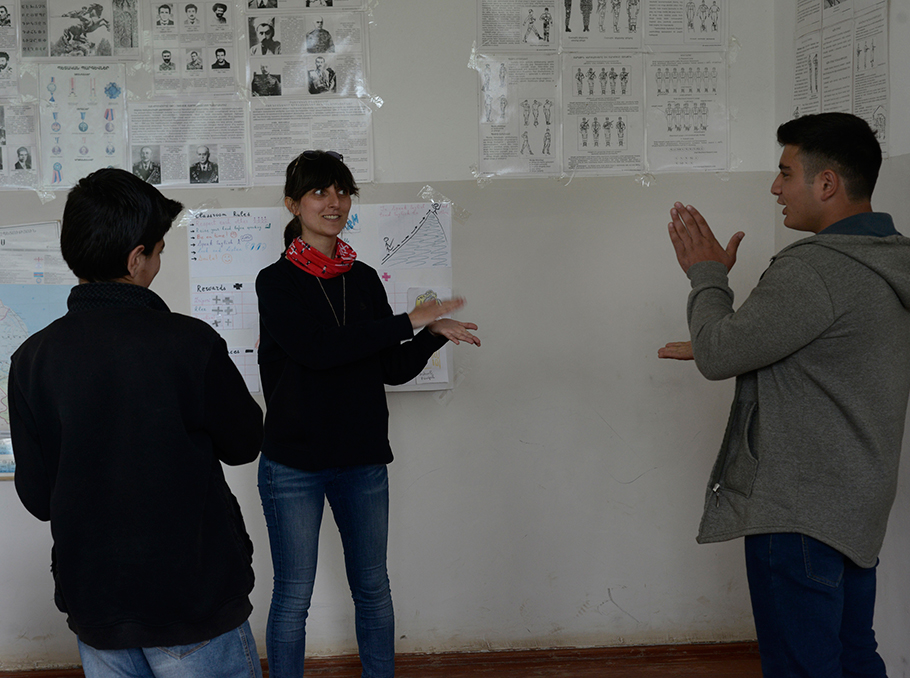
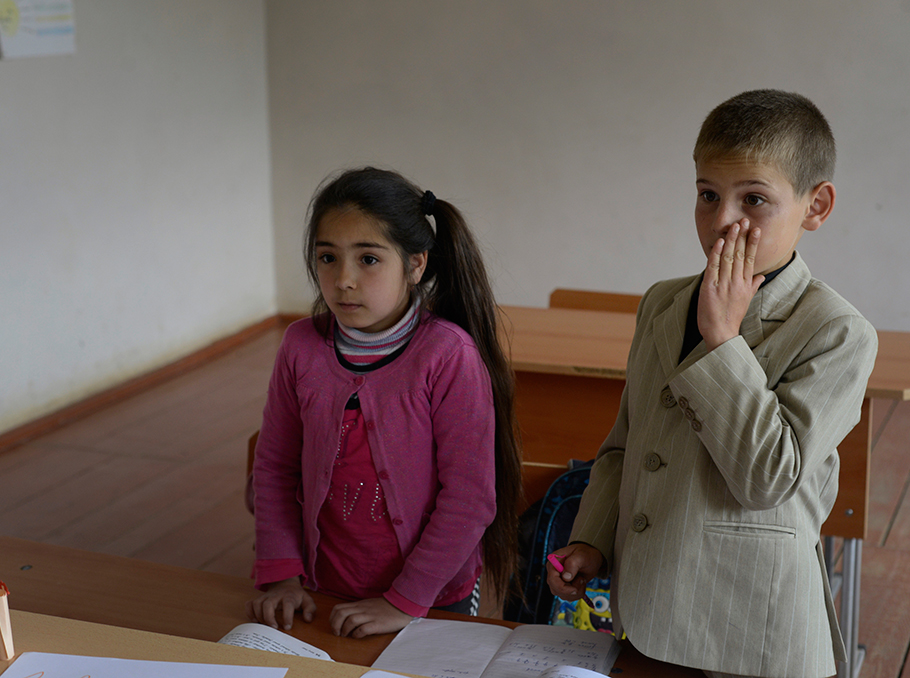
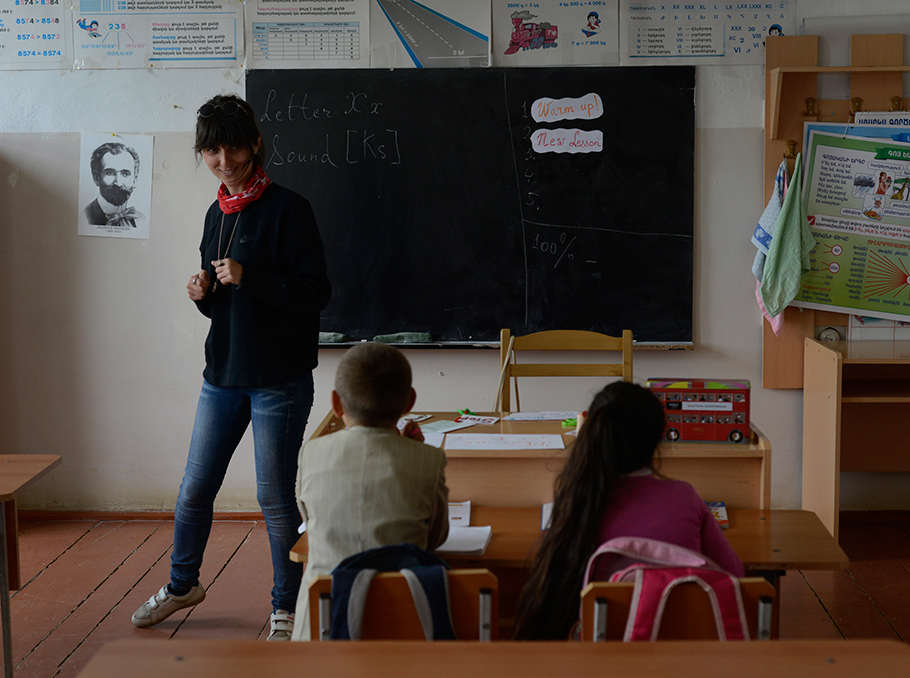
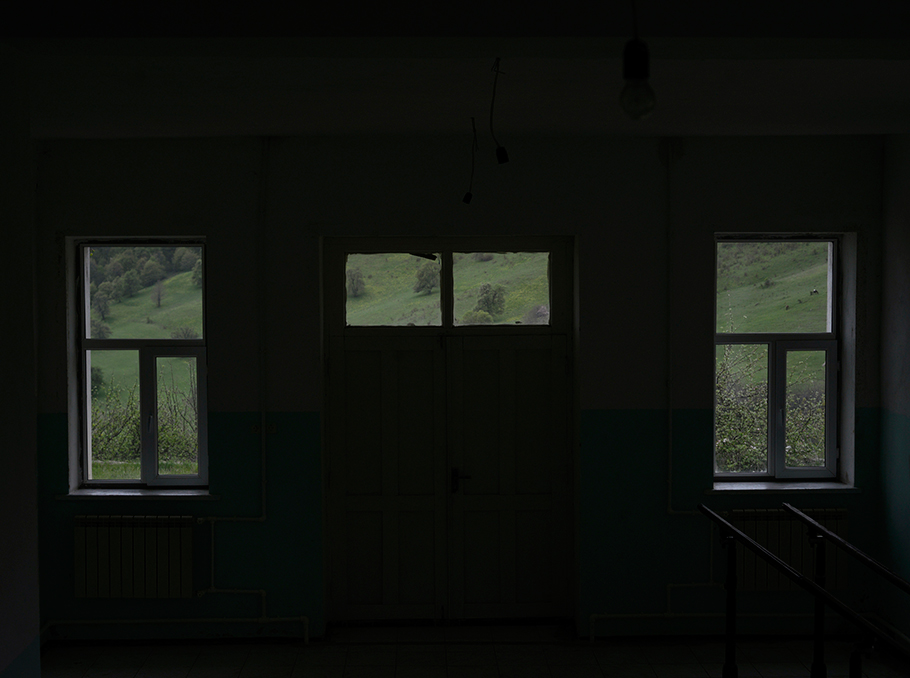
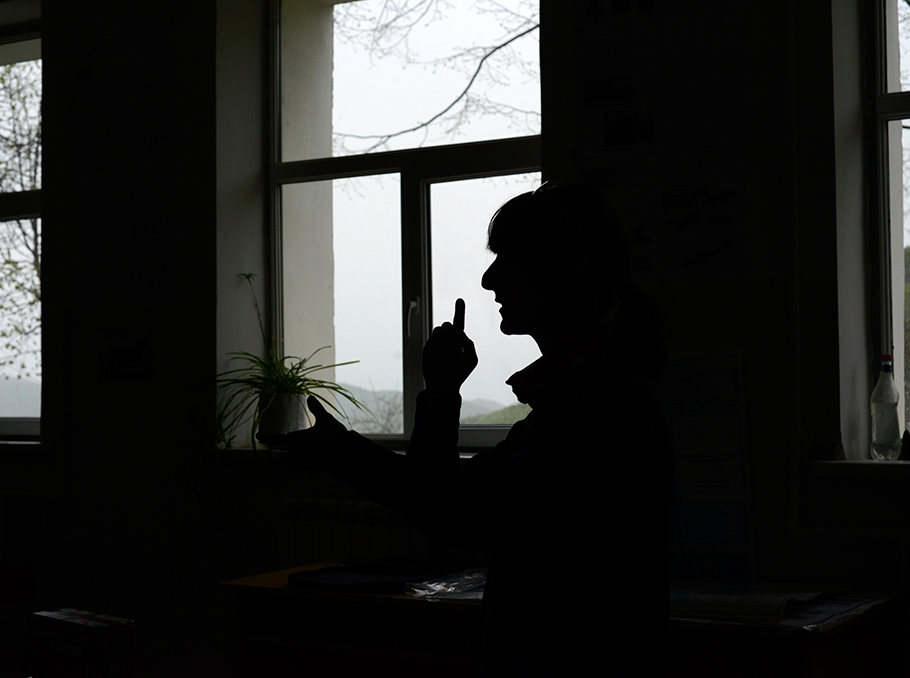
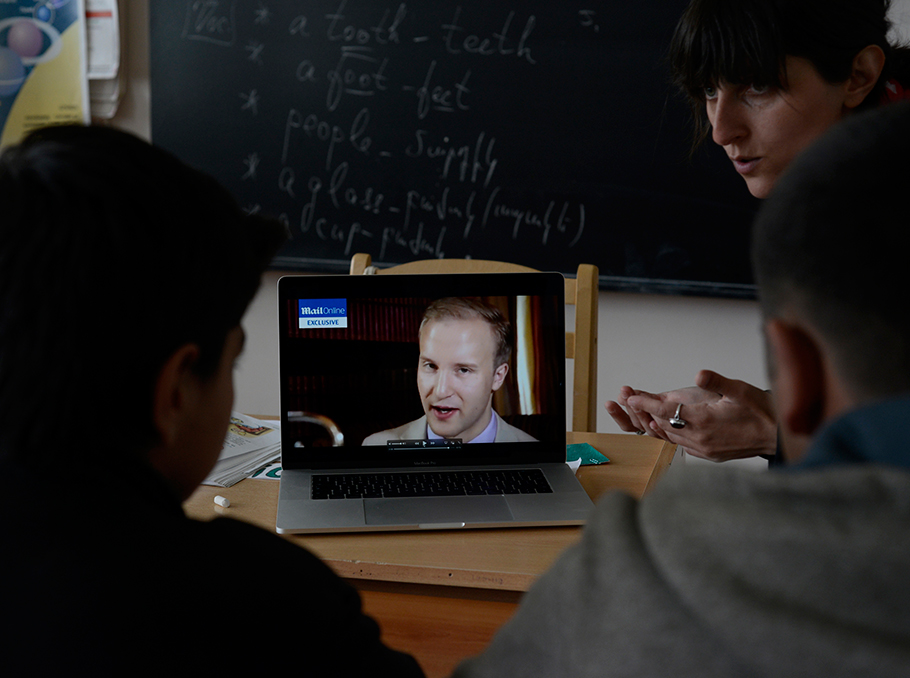
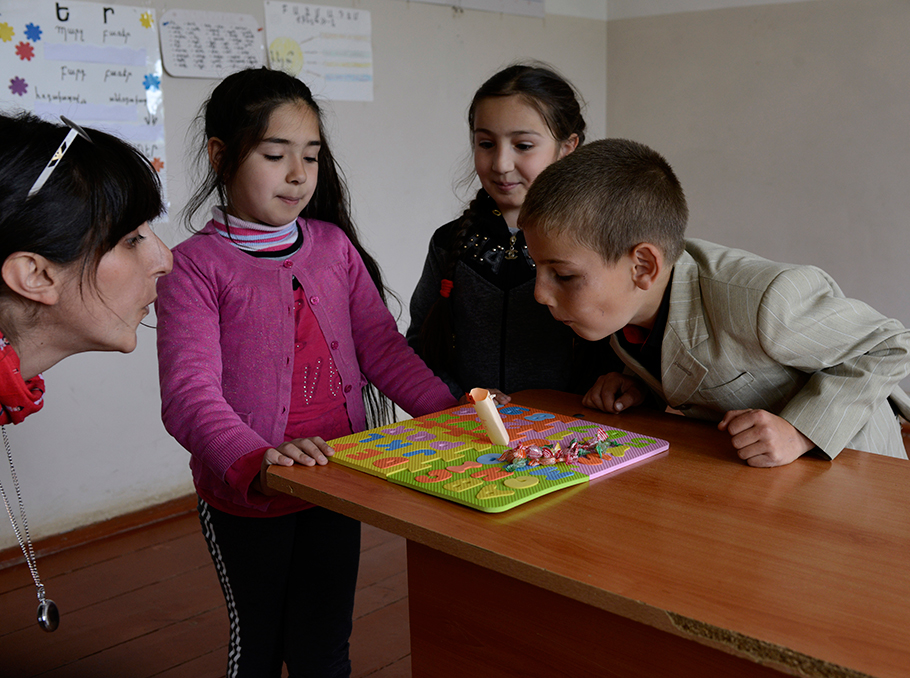
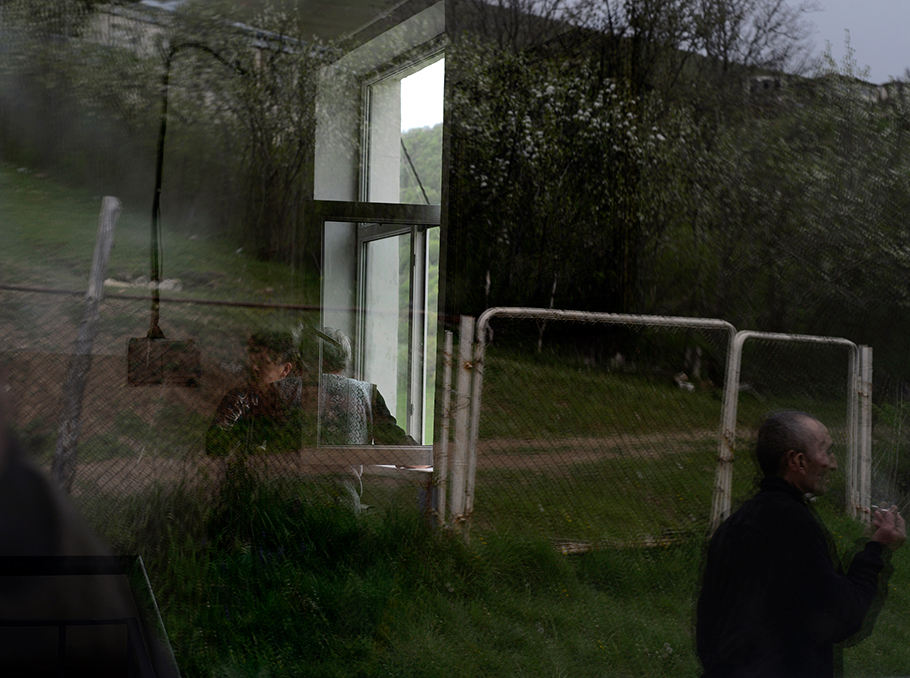
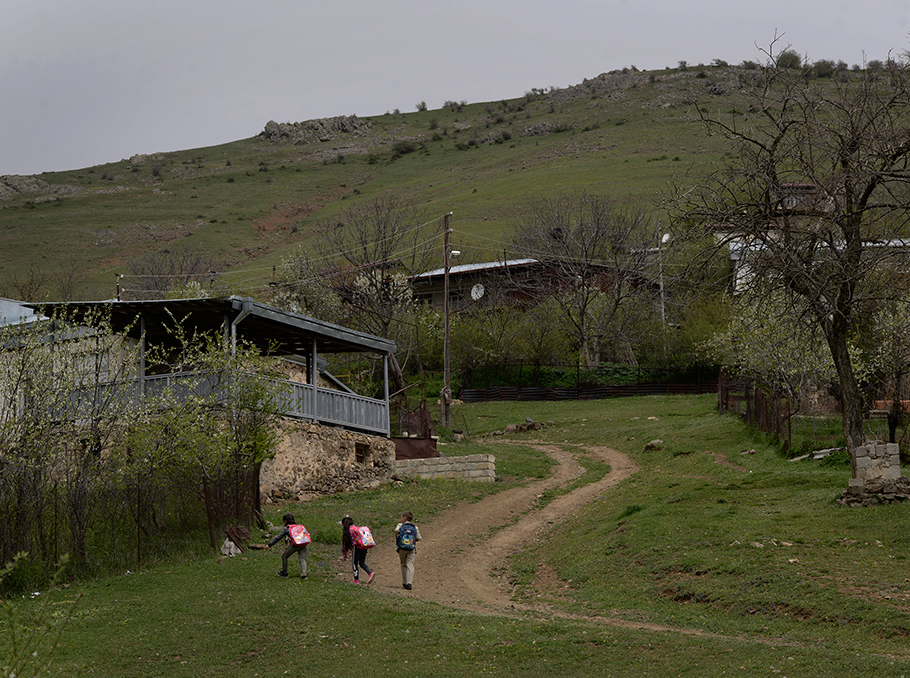
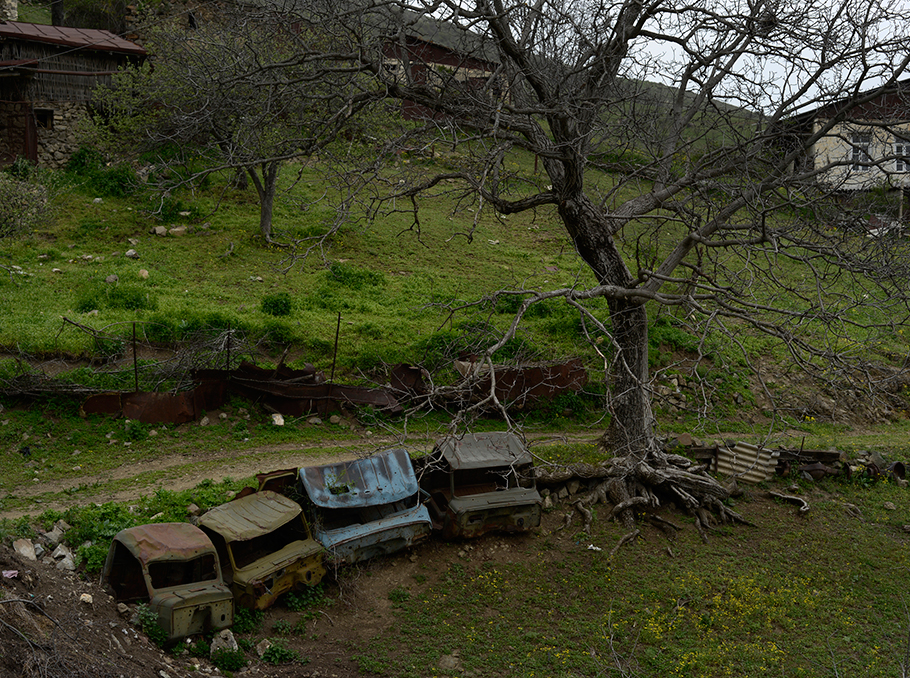
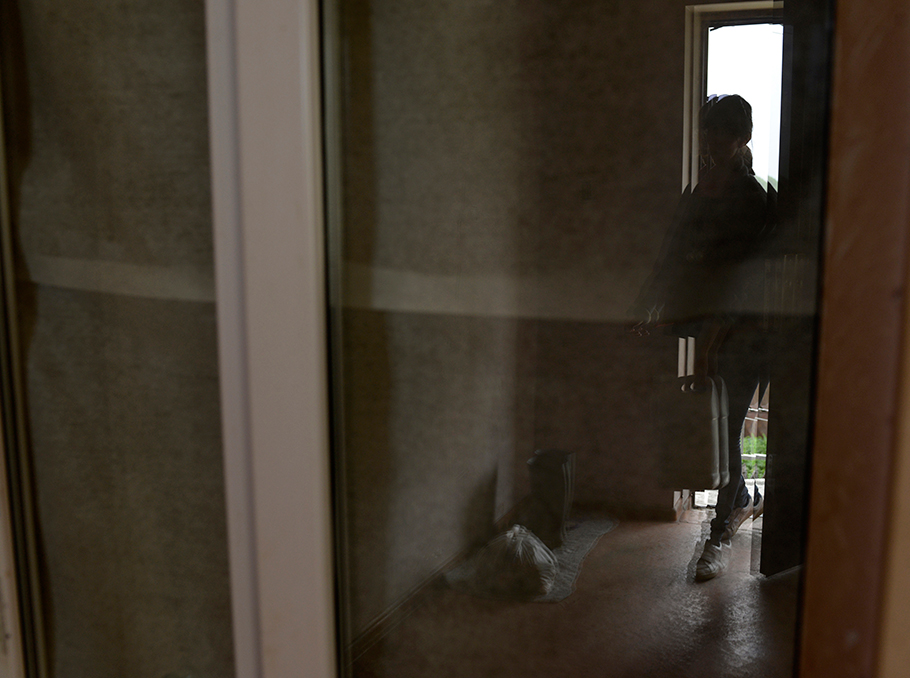
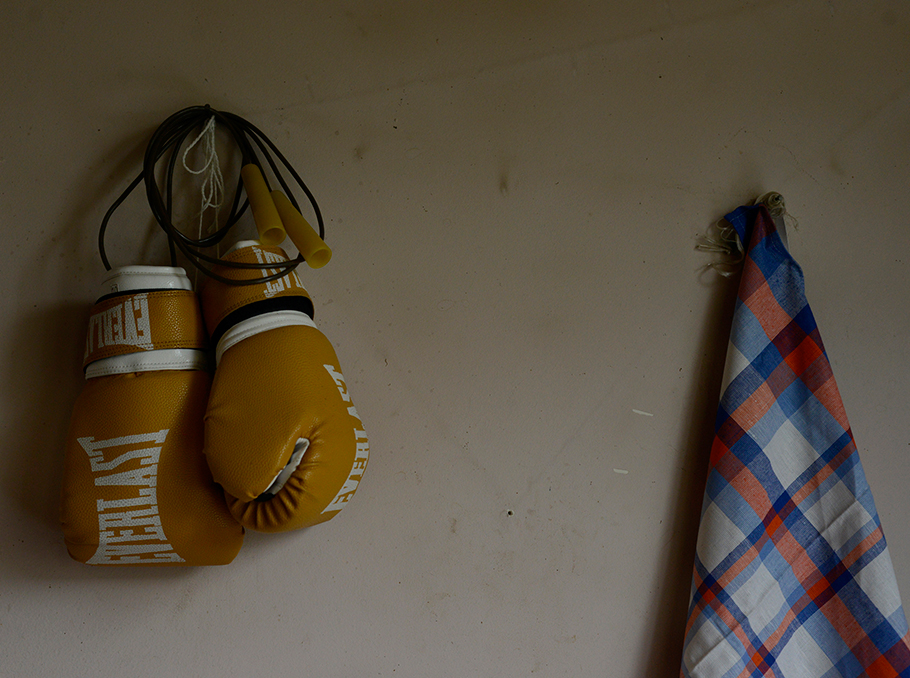
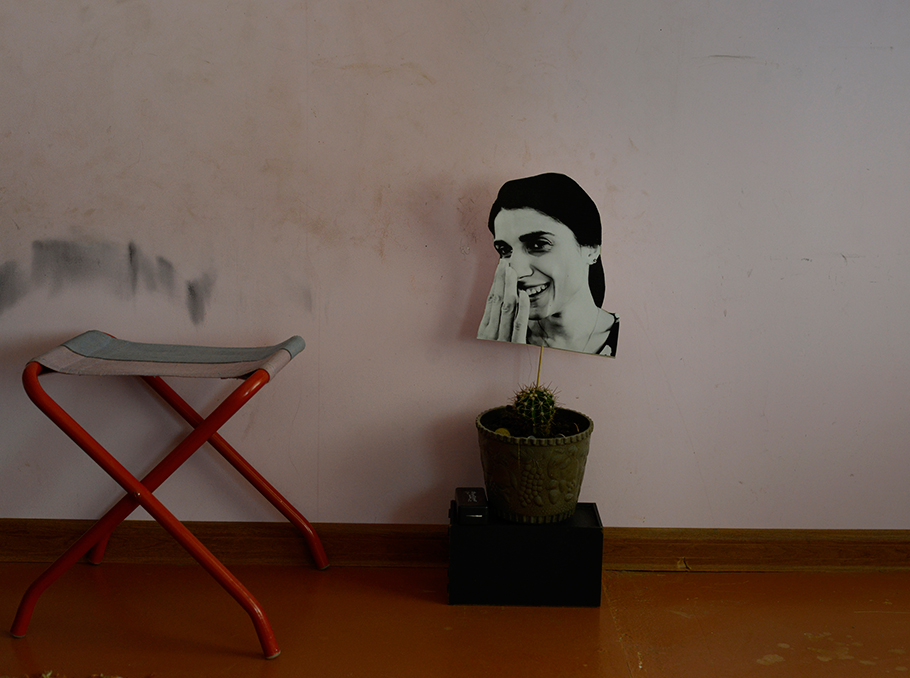
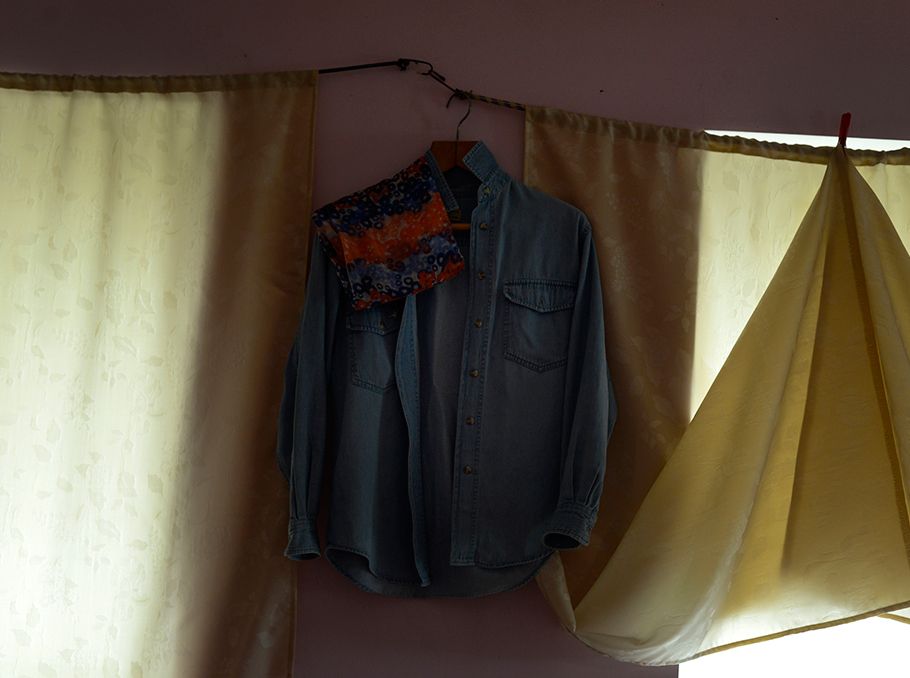
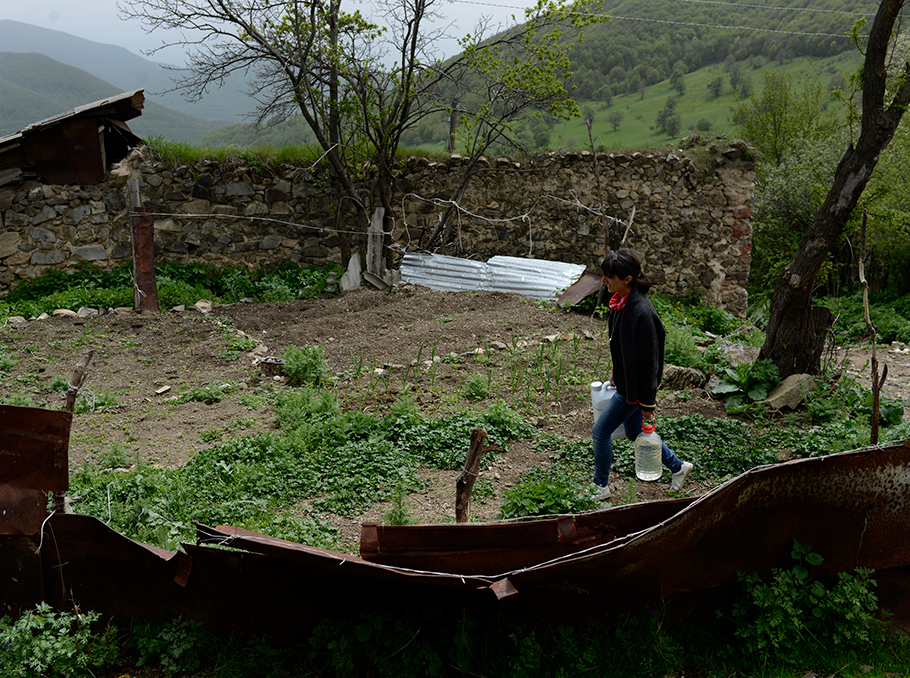
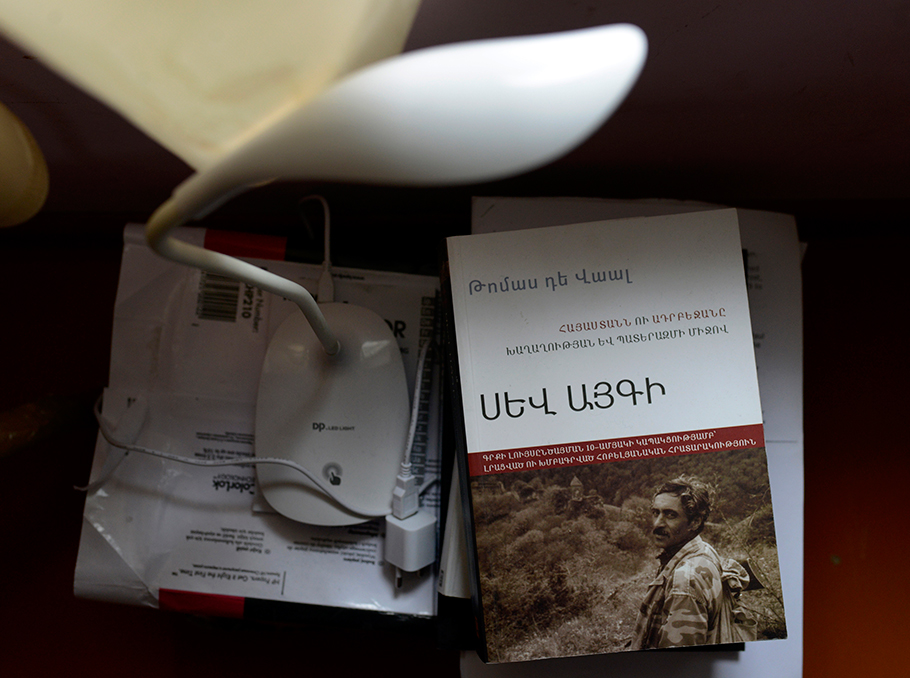
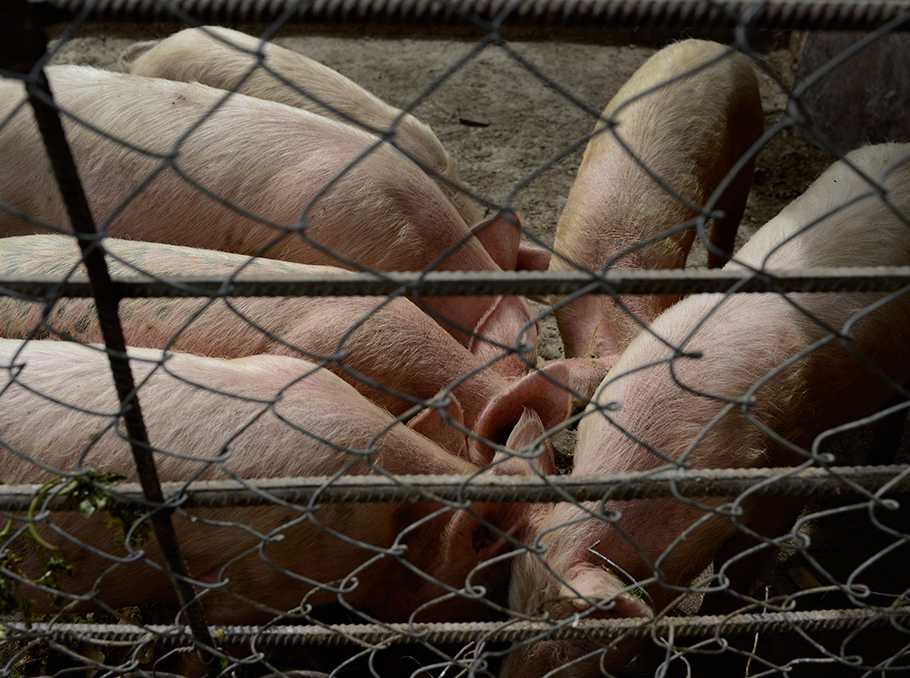
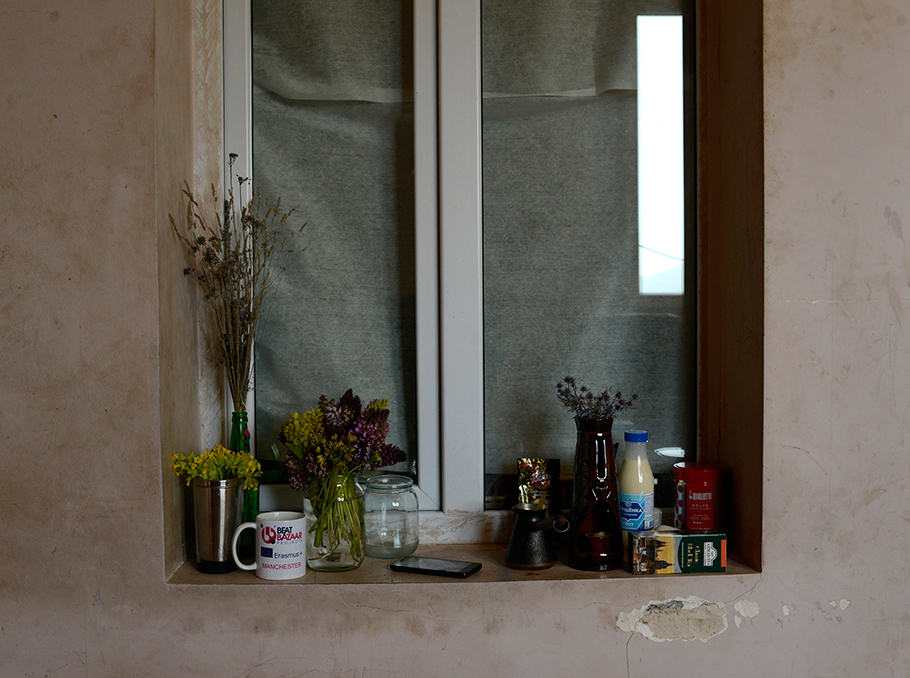
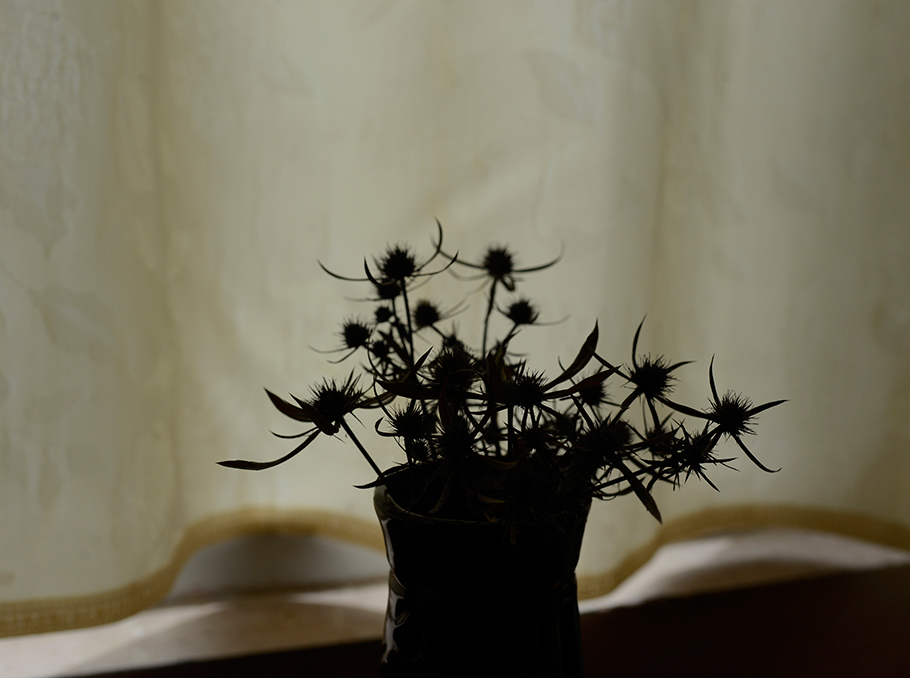
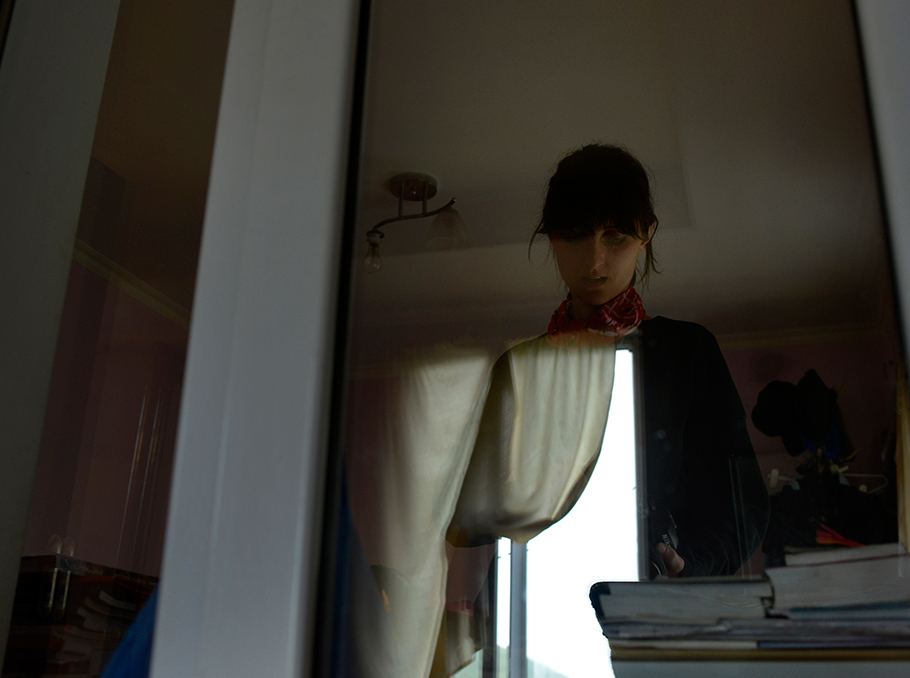
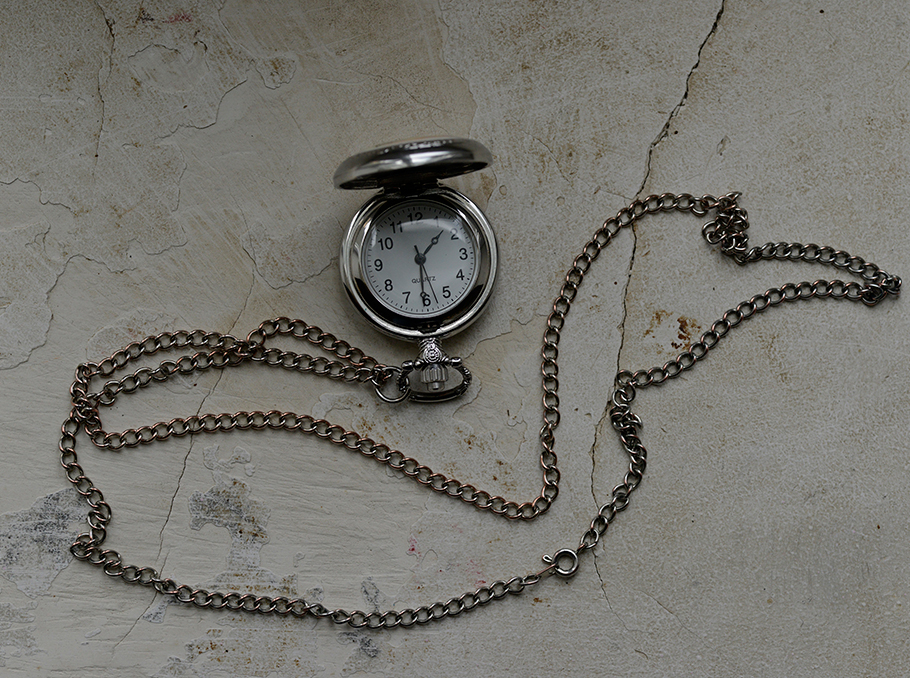
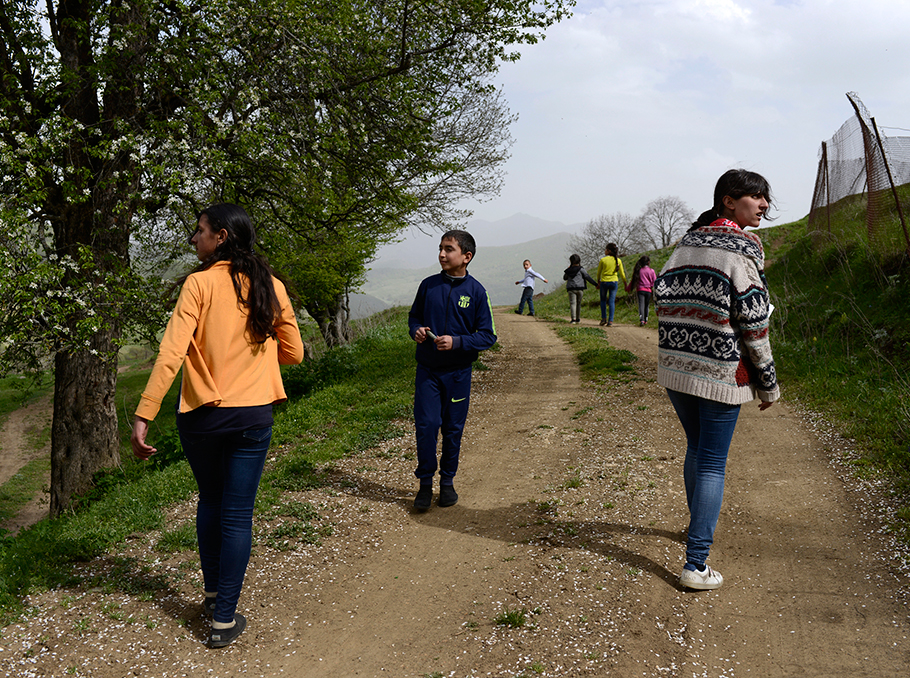
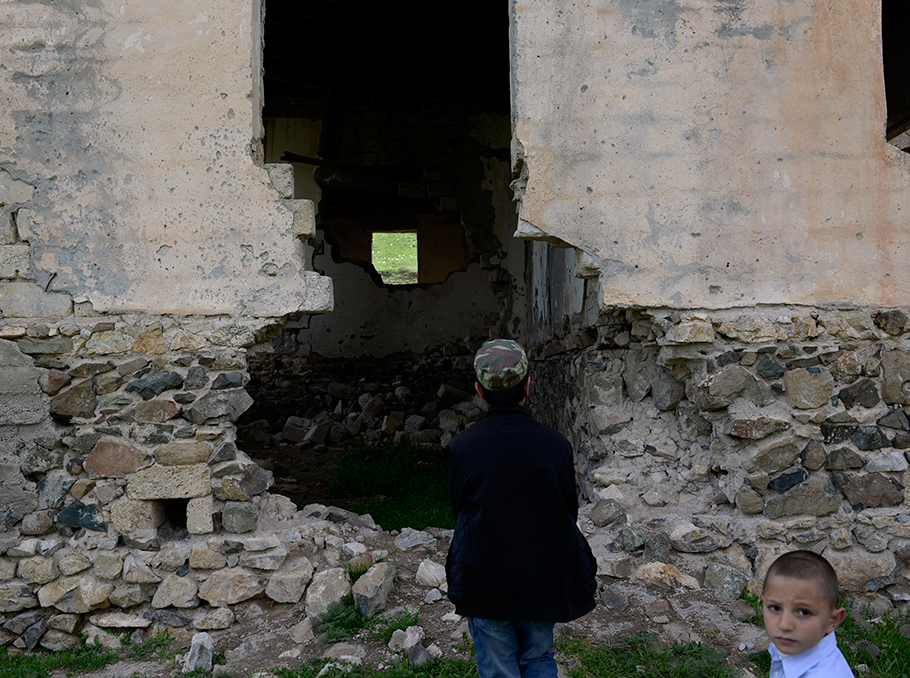
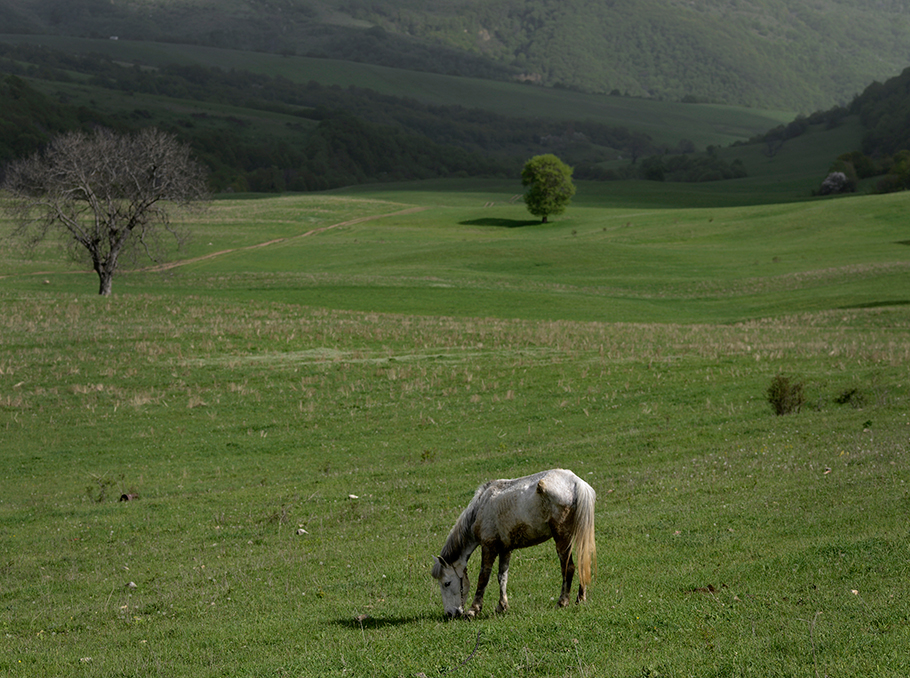
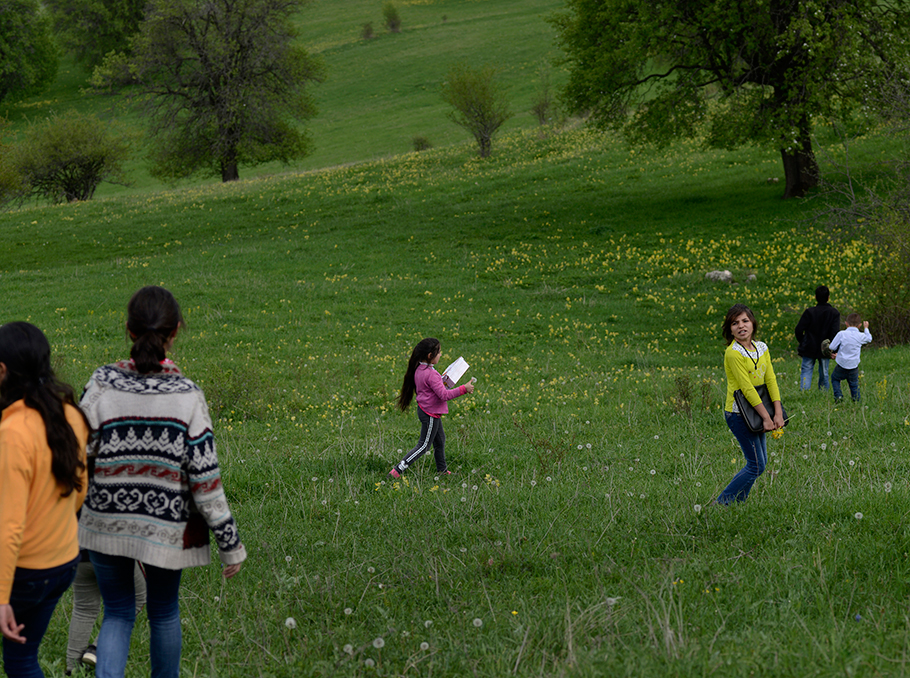
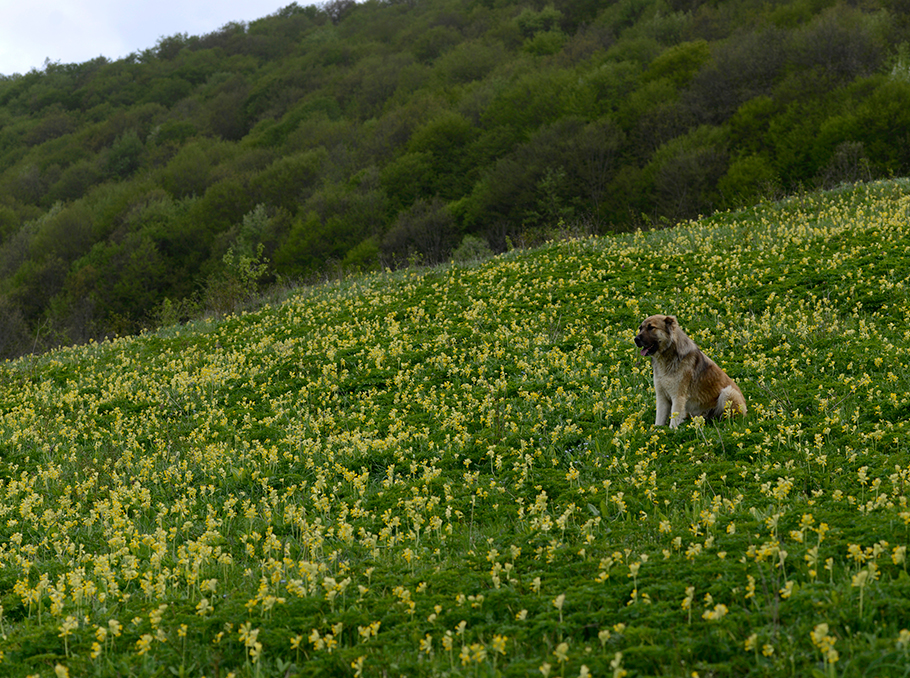
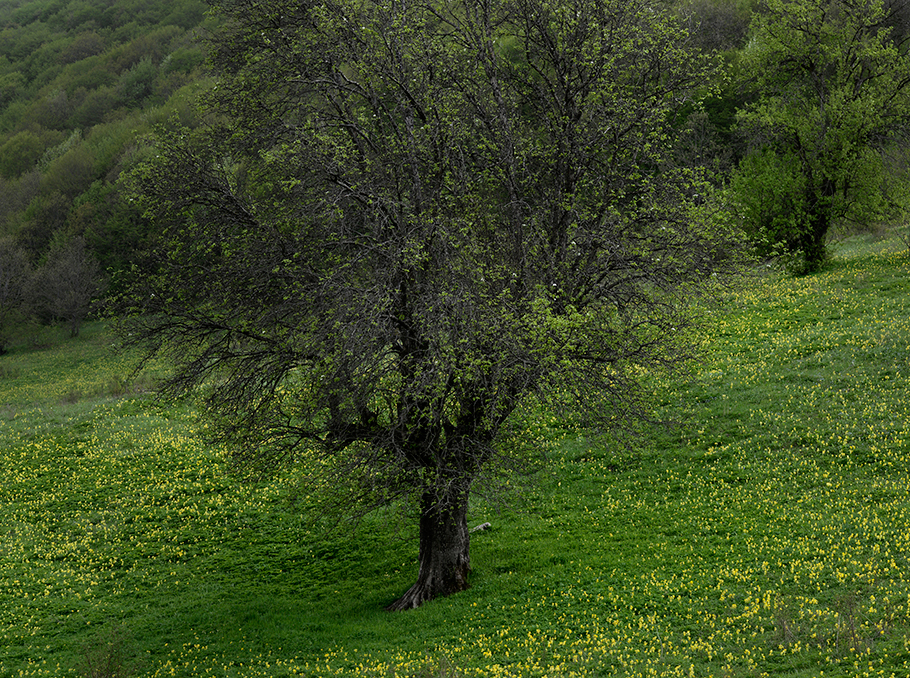
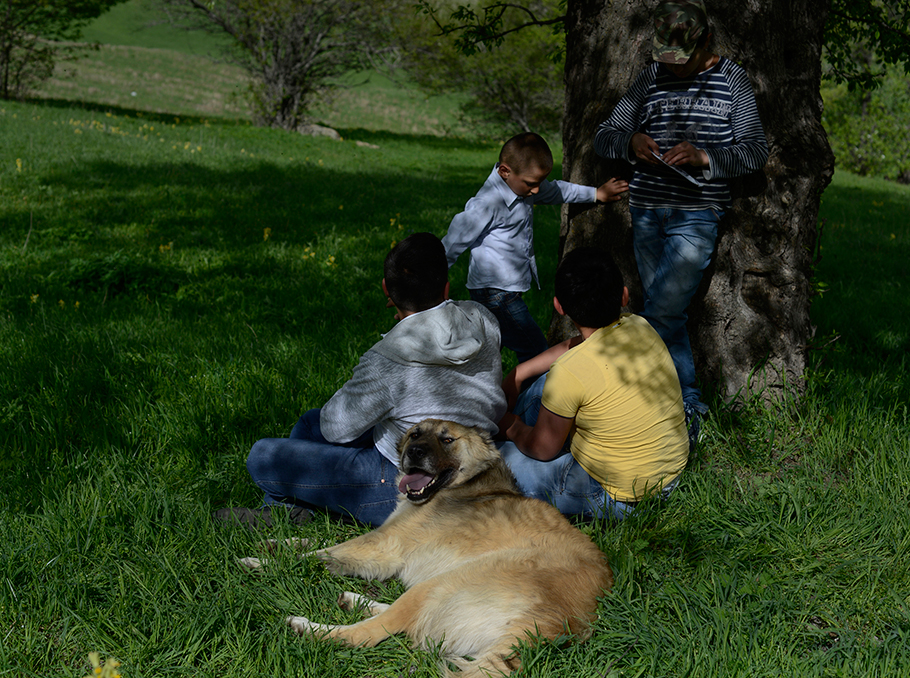
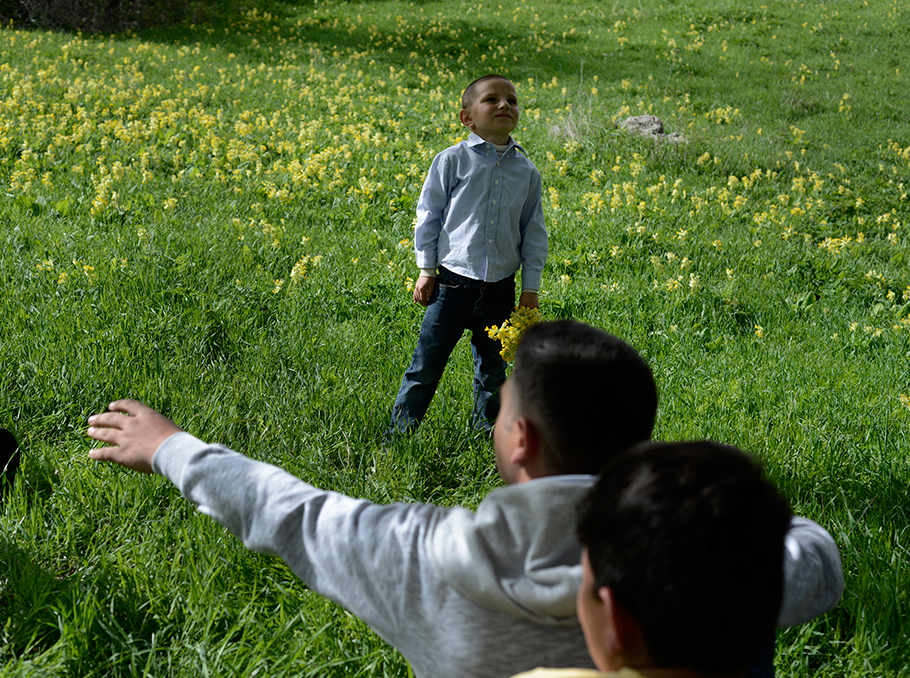
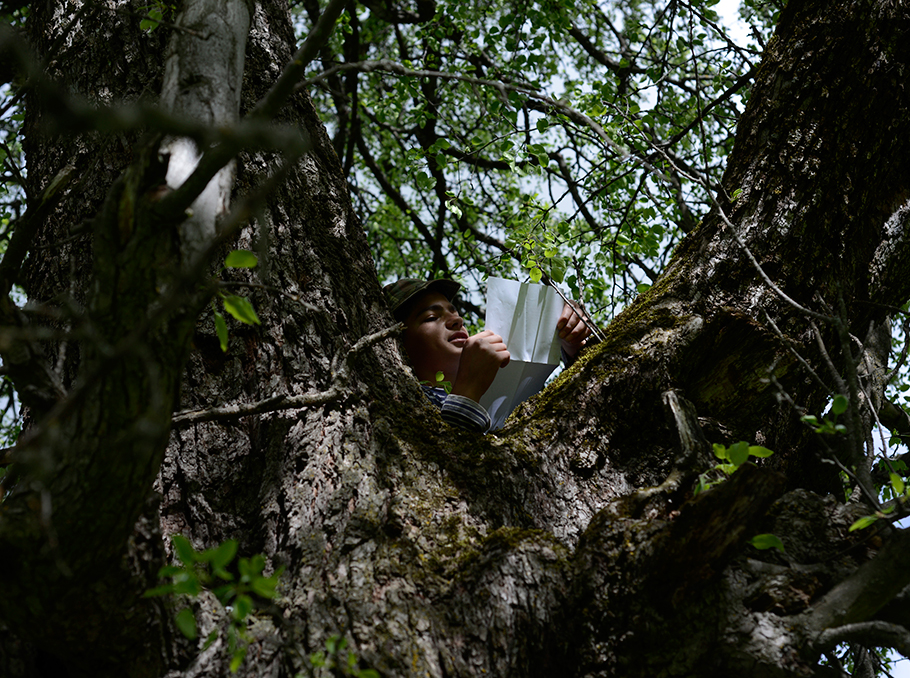
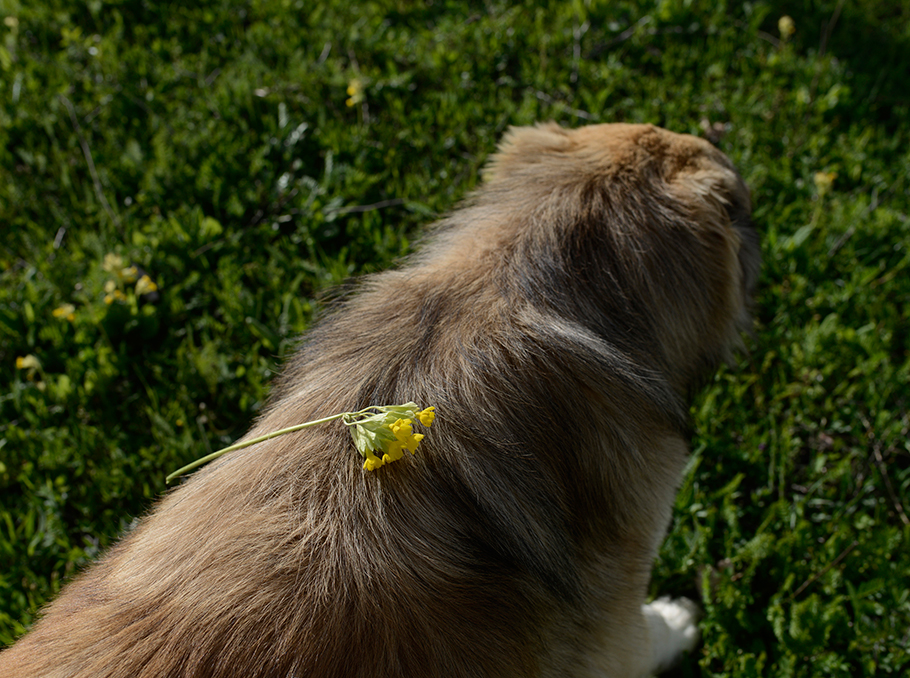
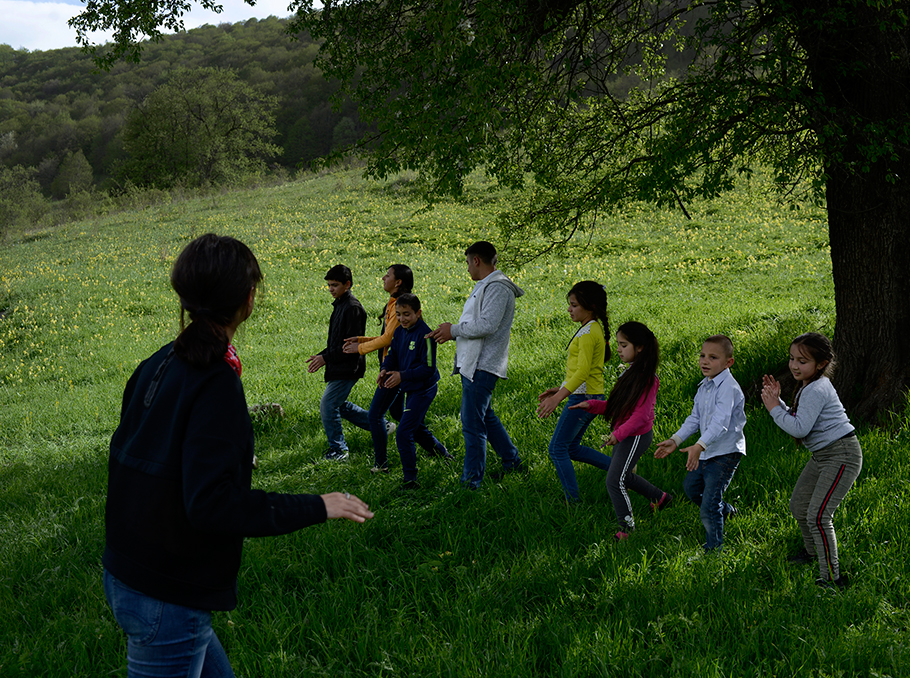
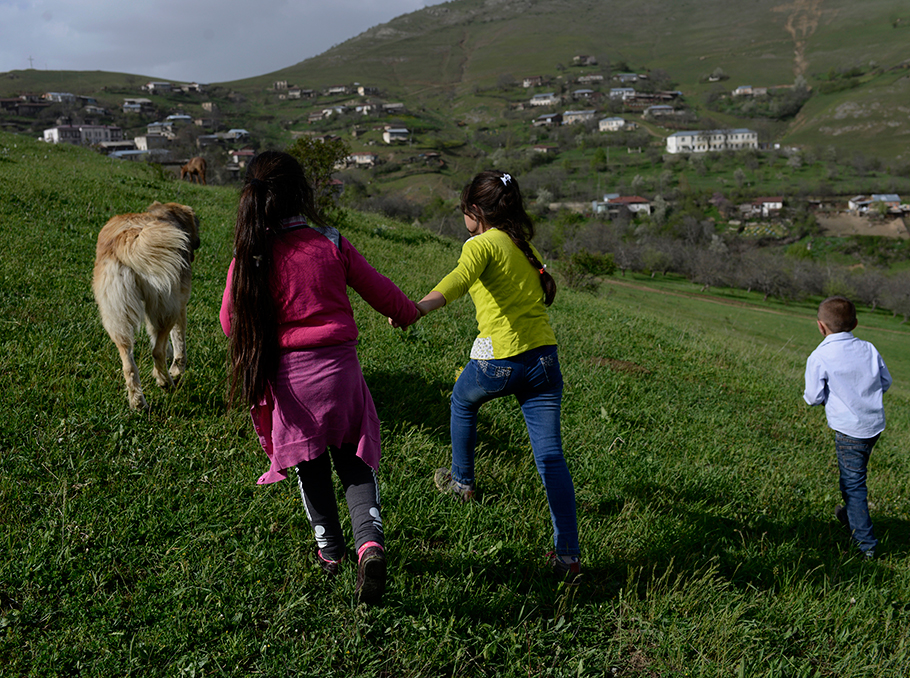
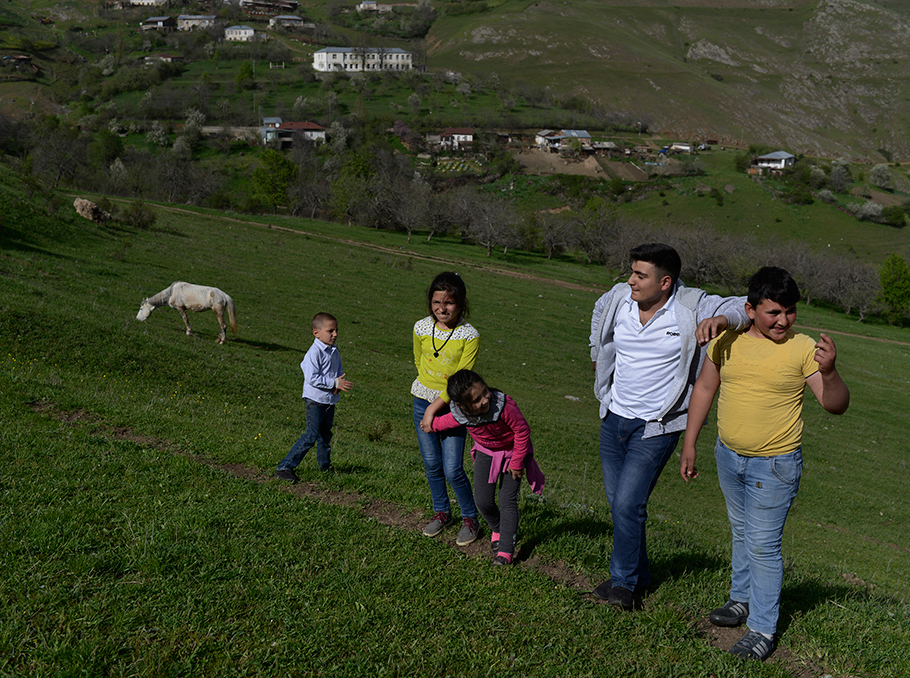
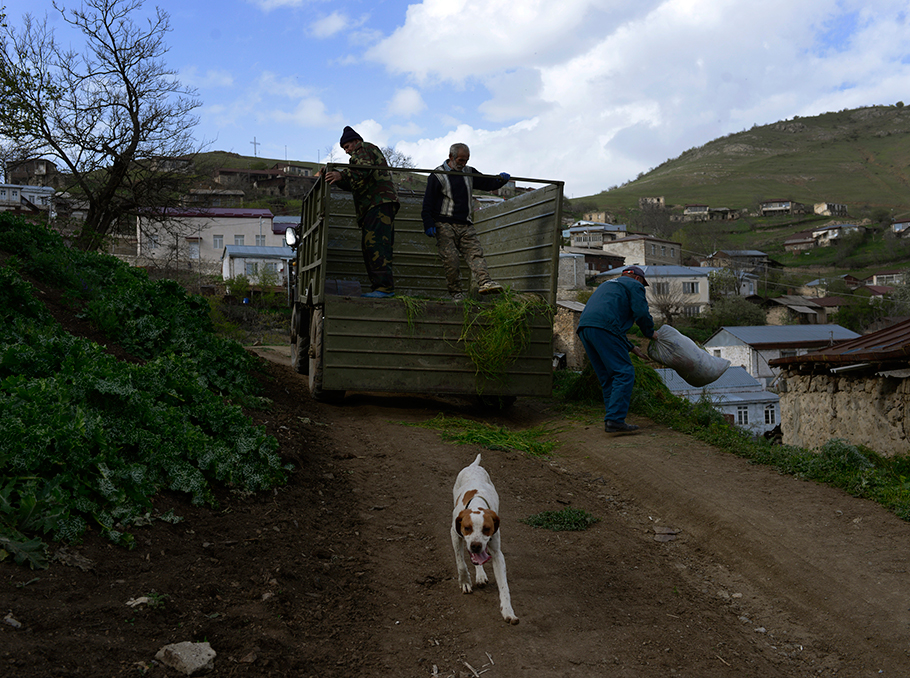
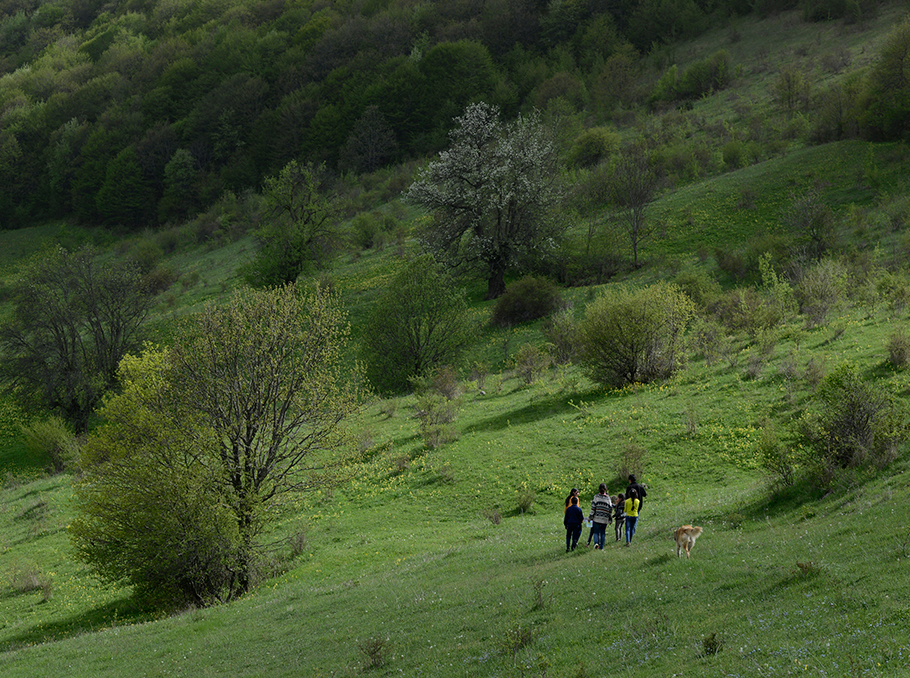
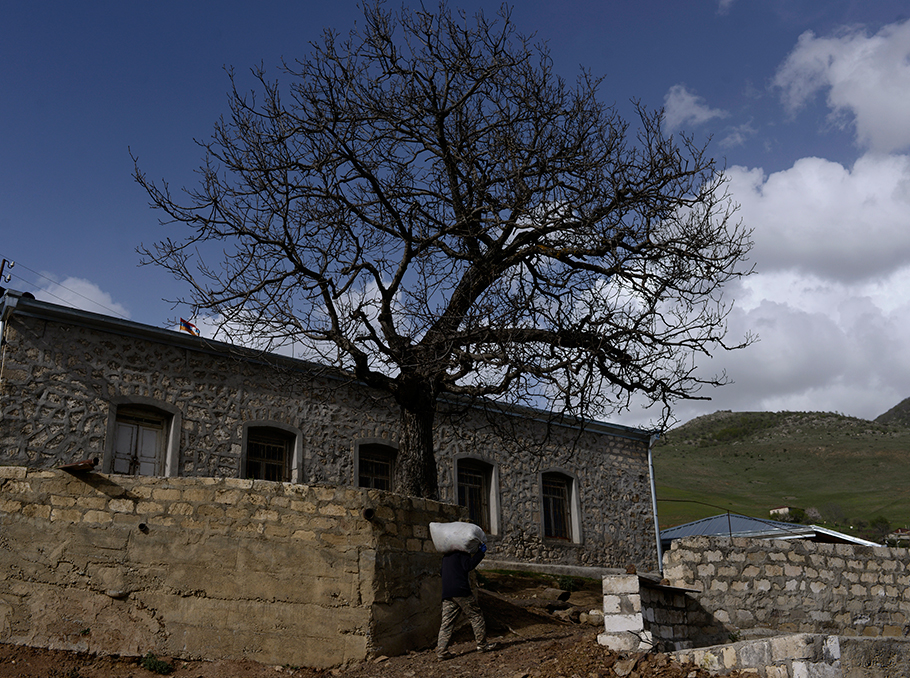

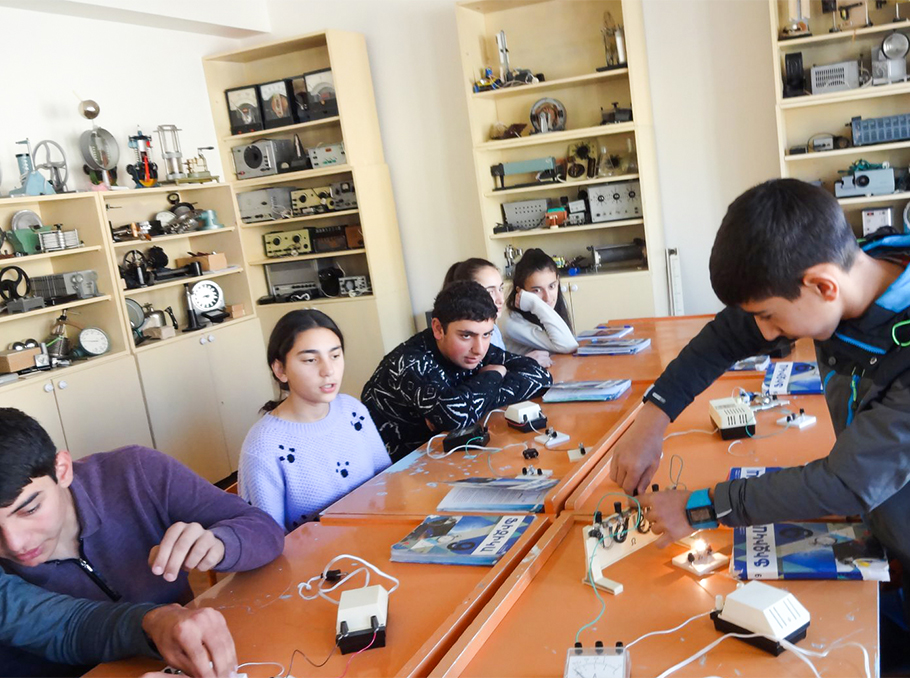
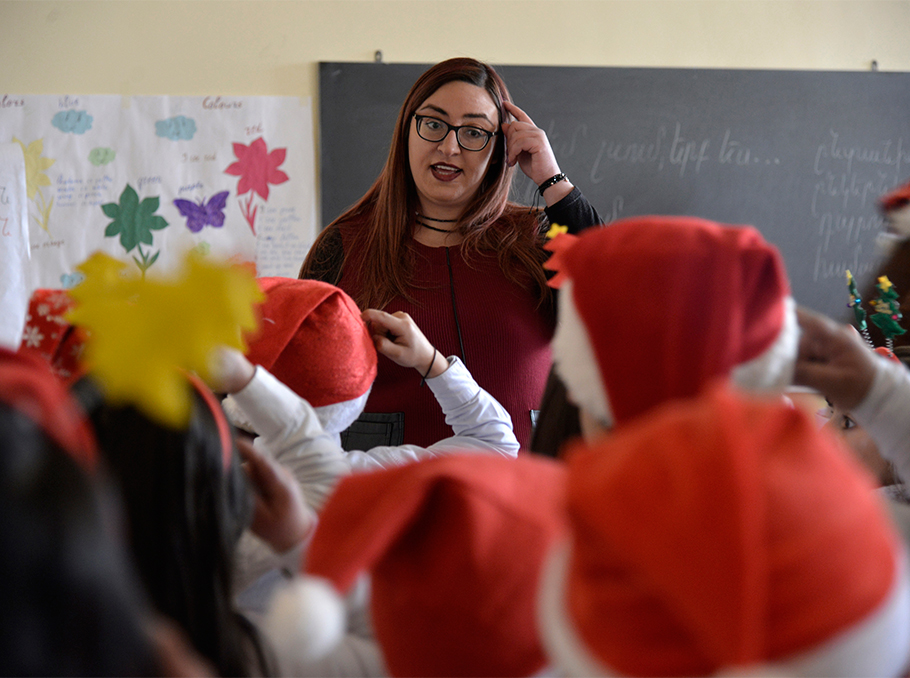
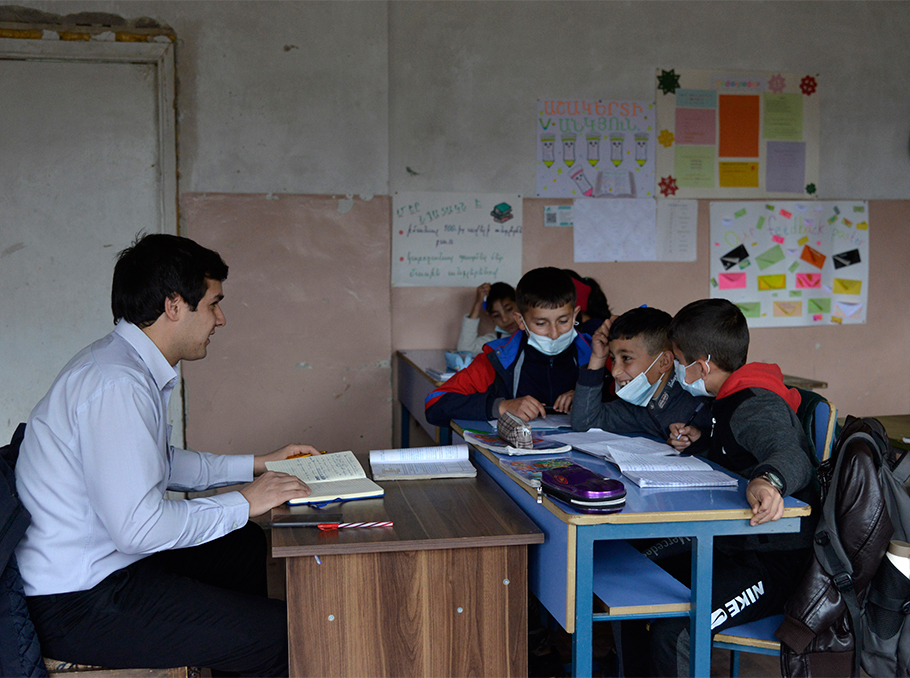
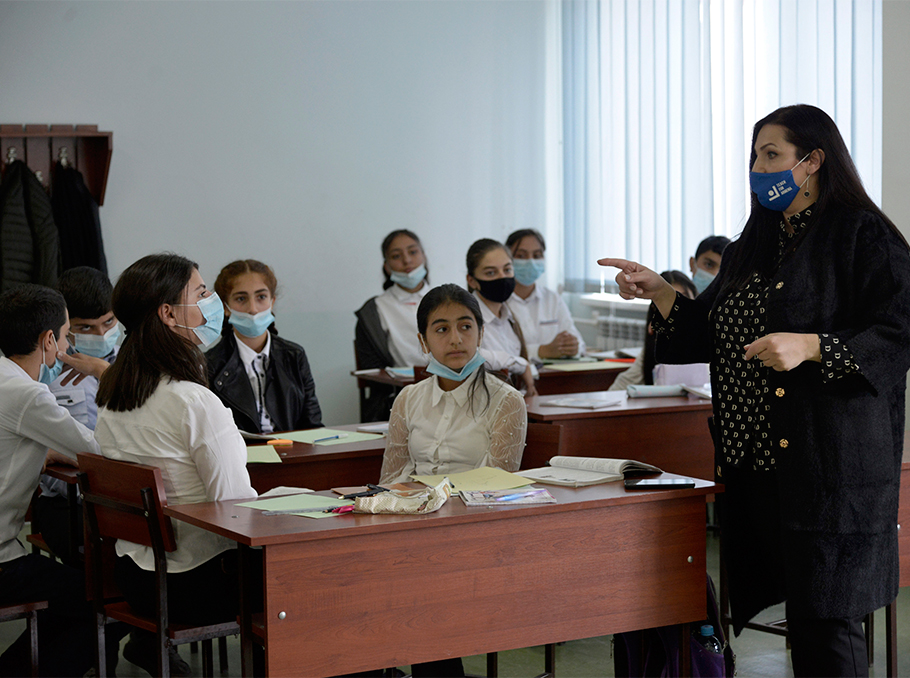
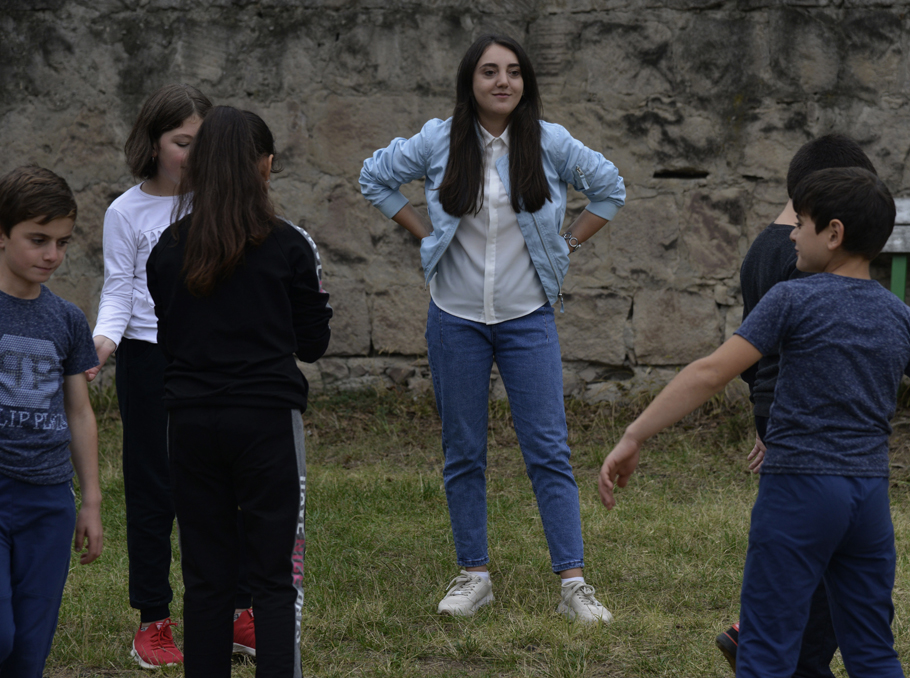





Comments
Dear visitors, You can place your opinion on the material using your Facebook account. Please, be polite and follow our simple rules: you are not allowed to make off - topic comments, place advertisements, use abusive and filthy language. The editorial staff reserves the right to moderate and delete comments in case of breach of the rules.